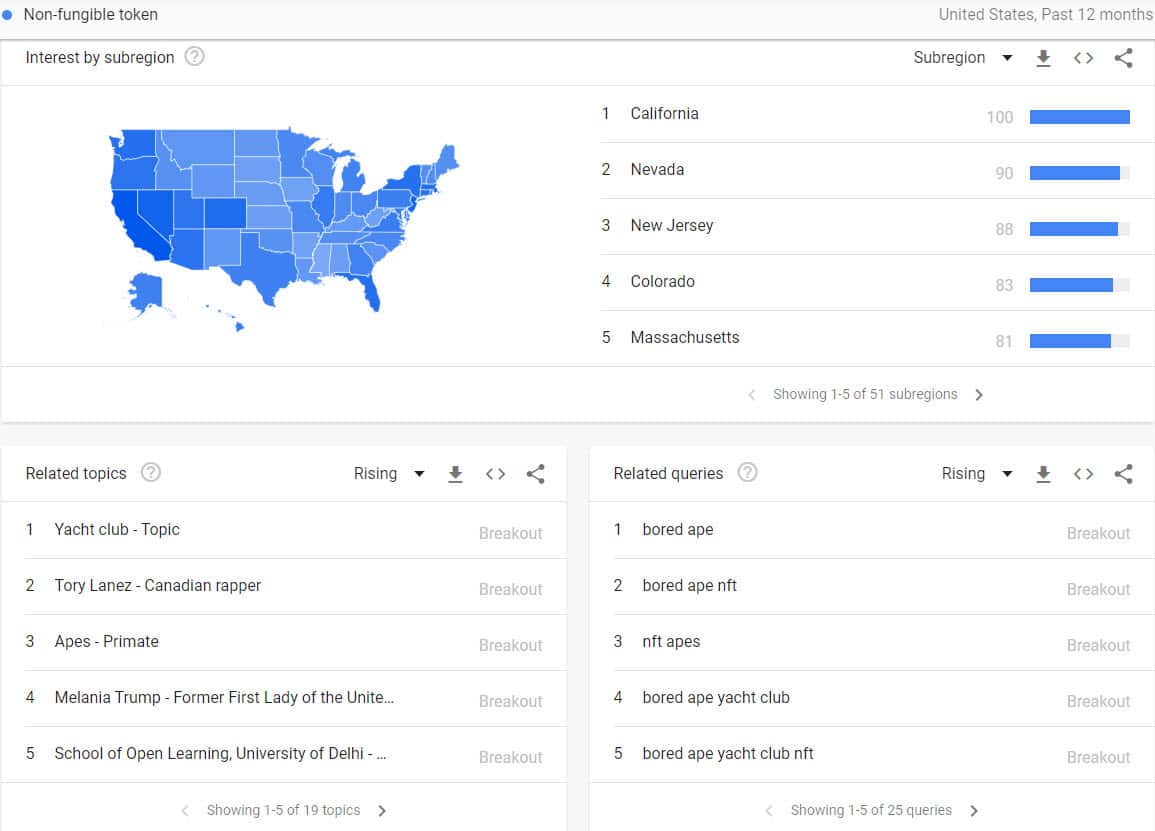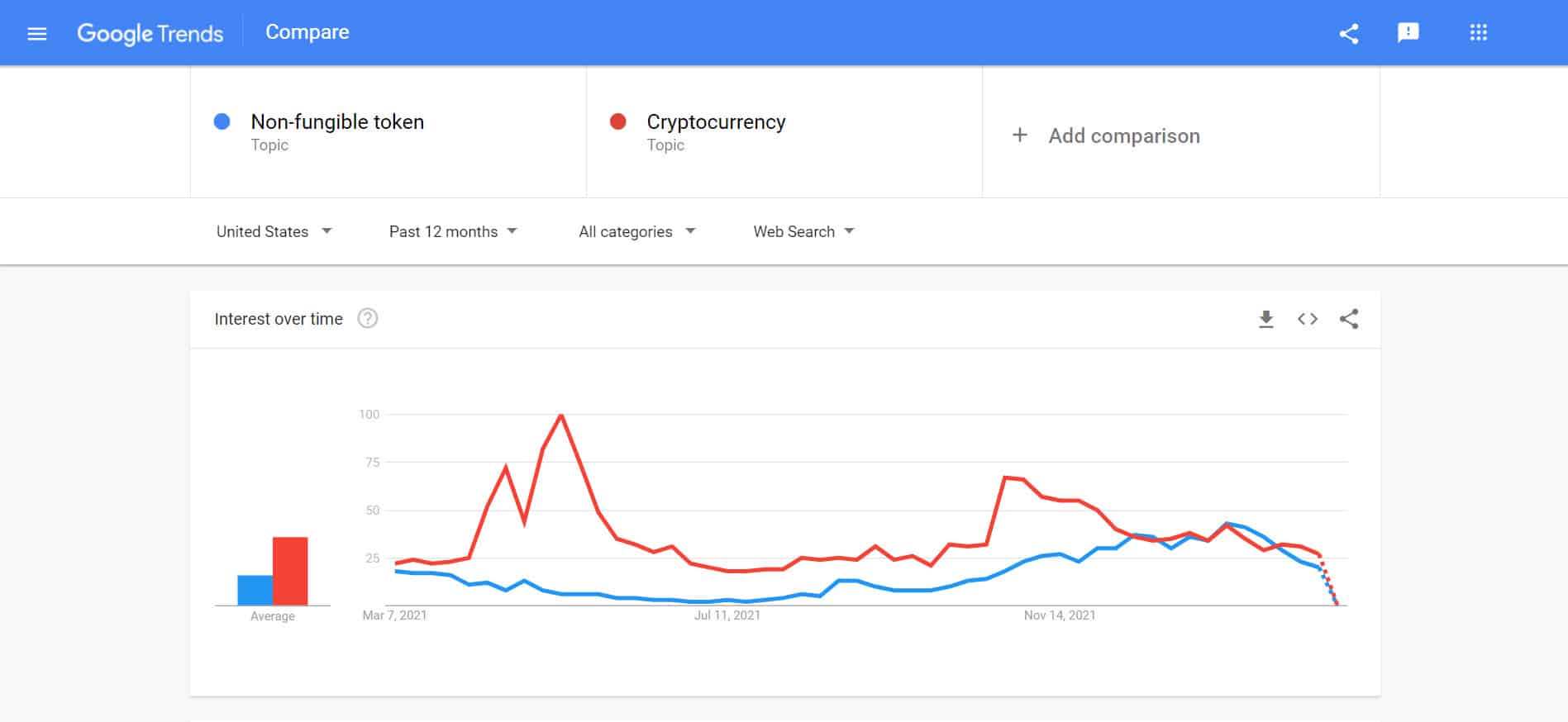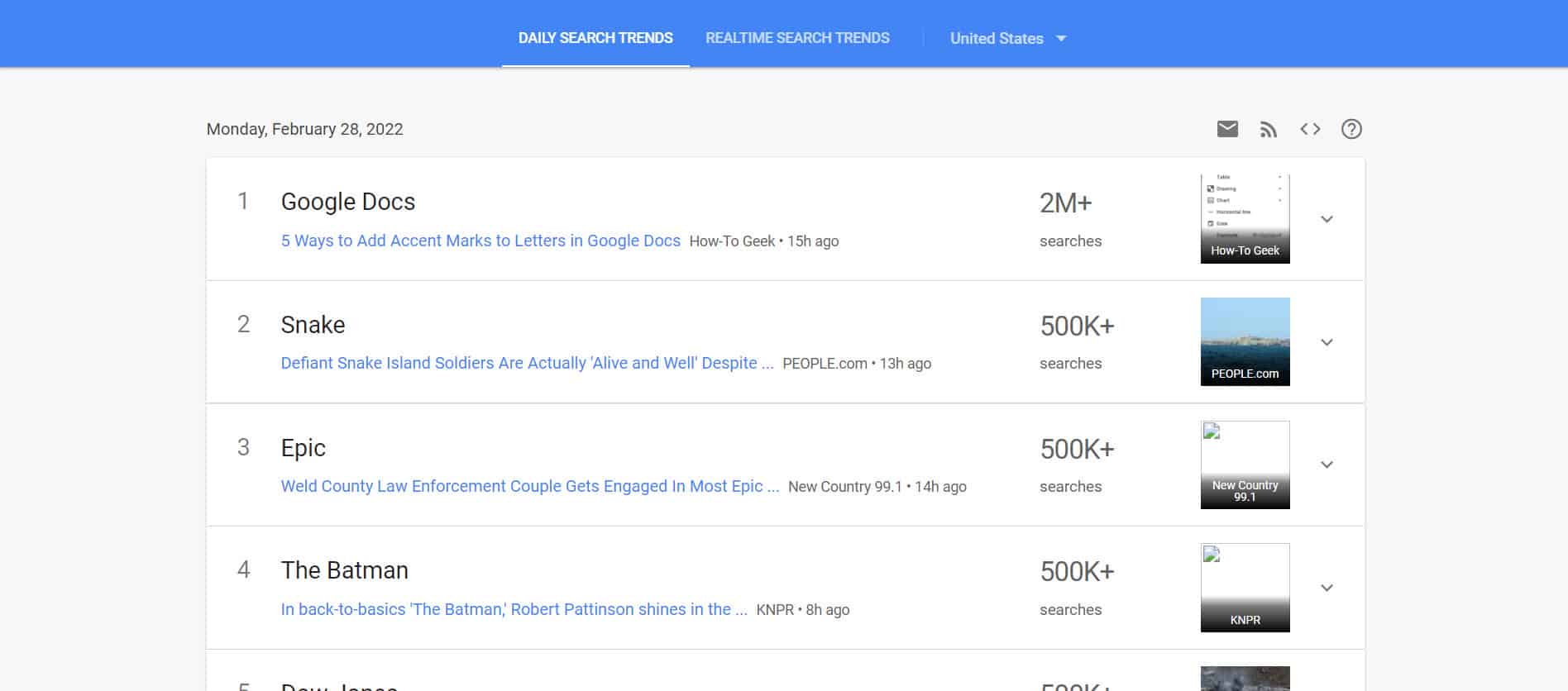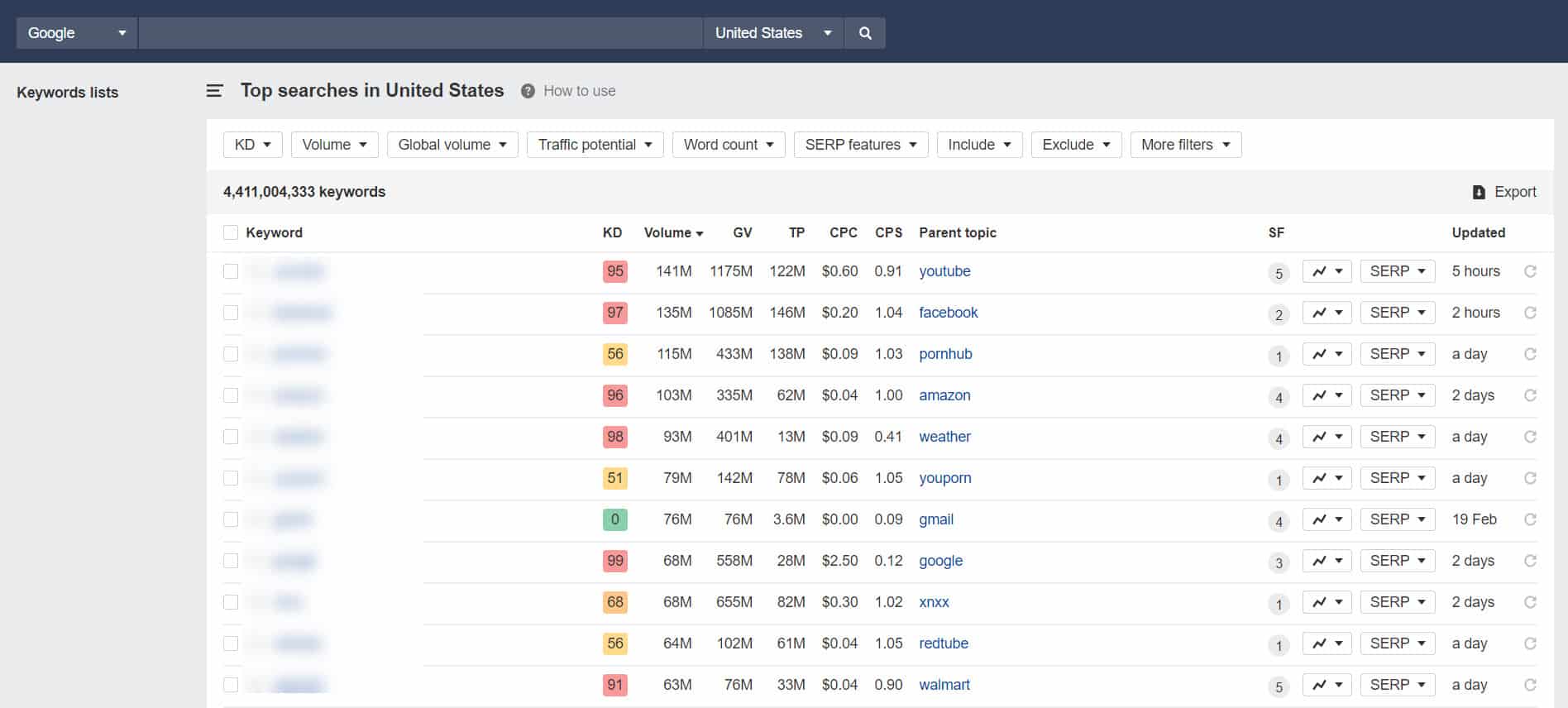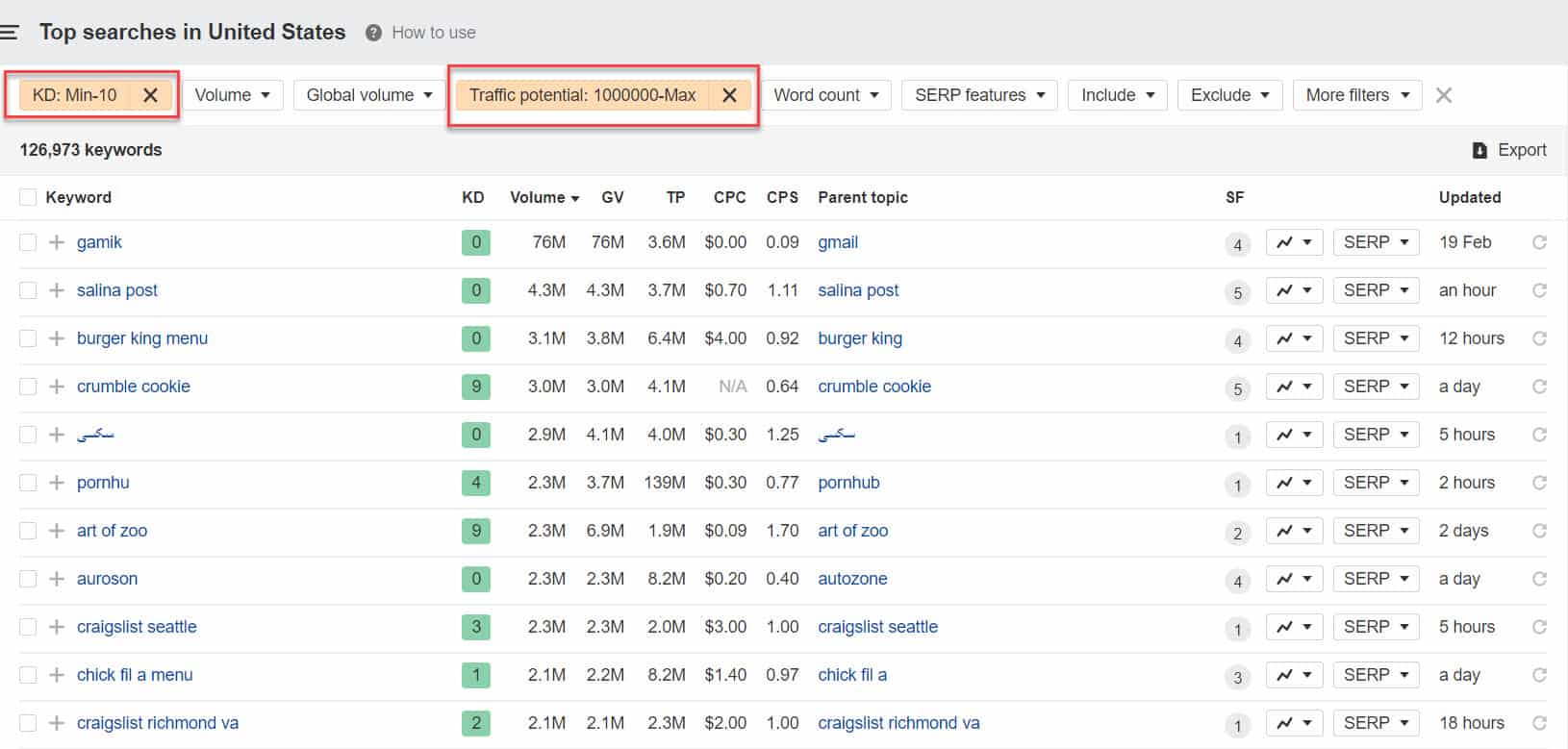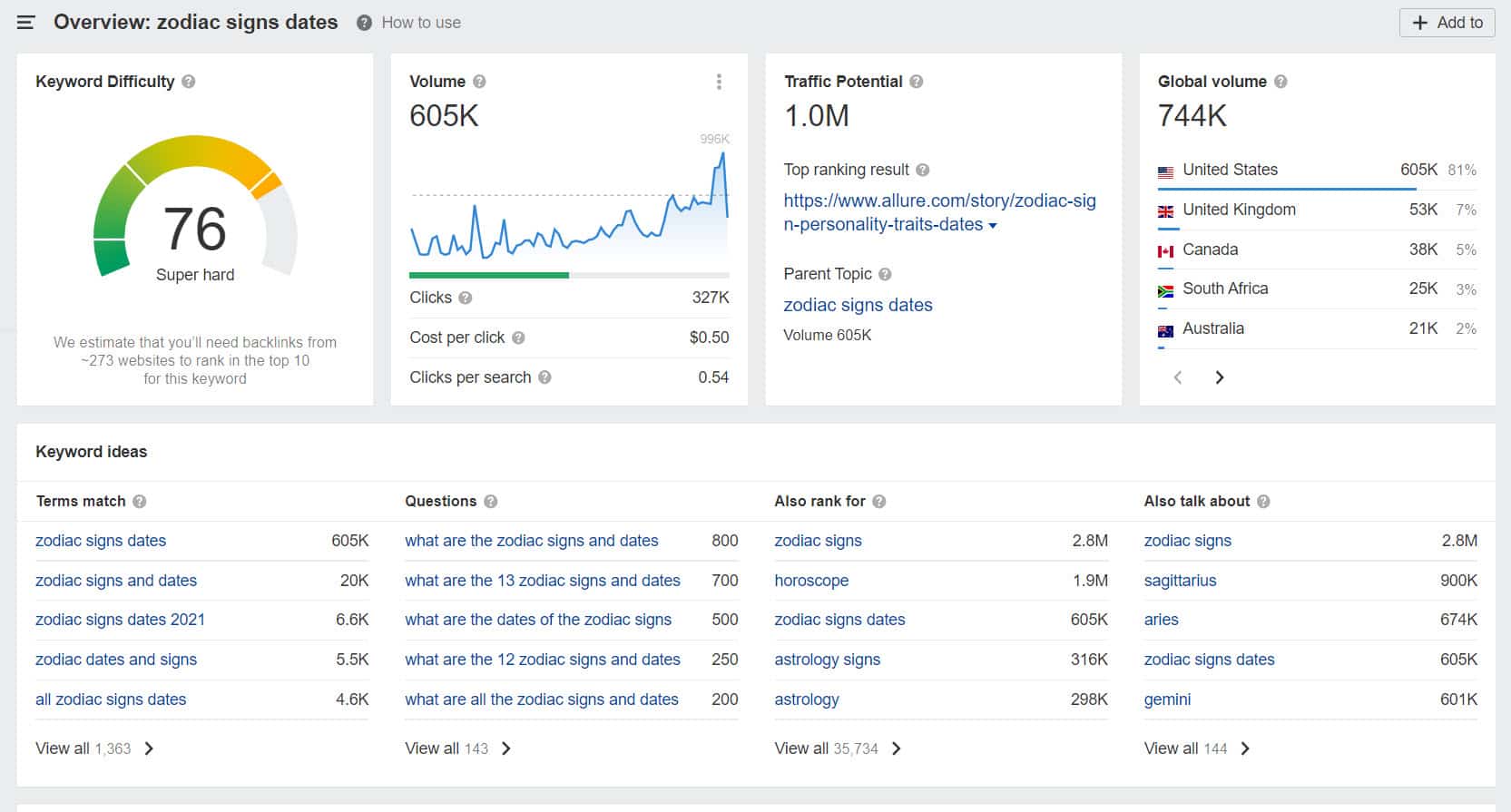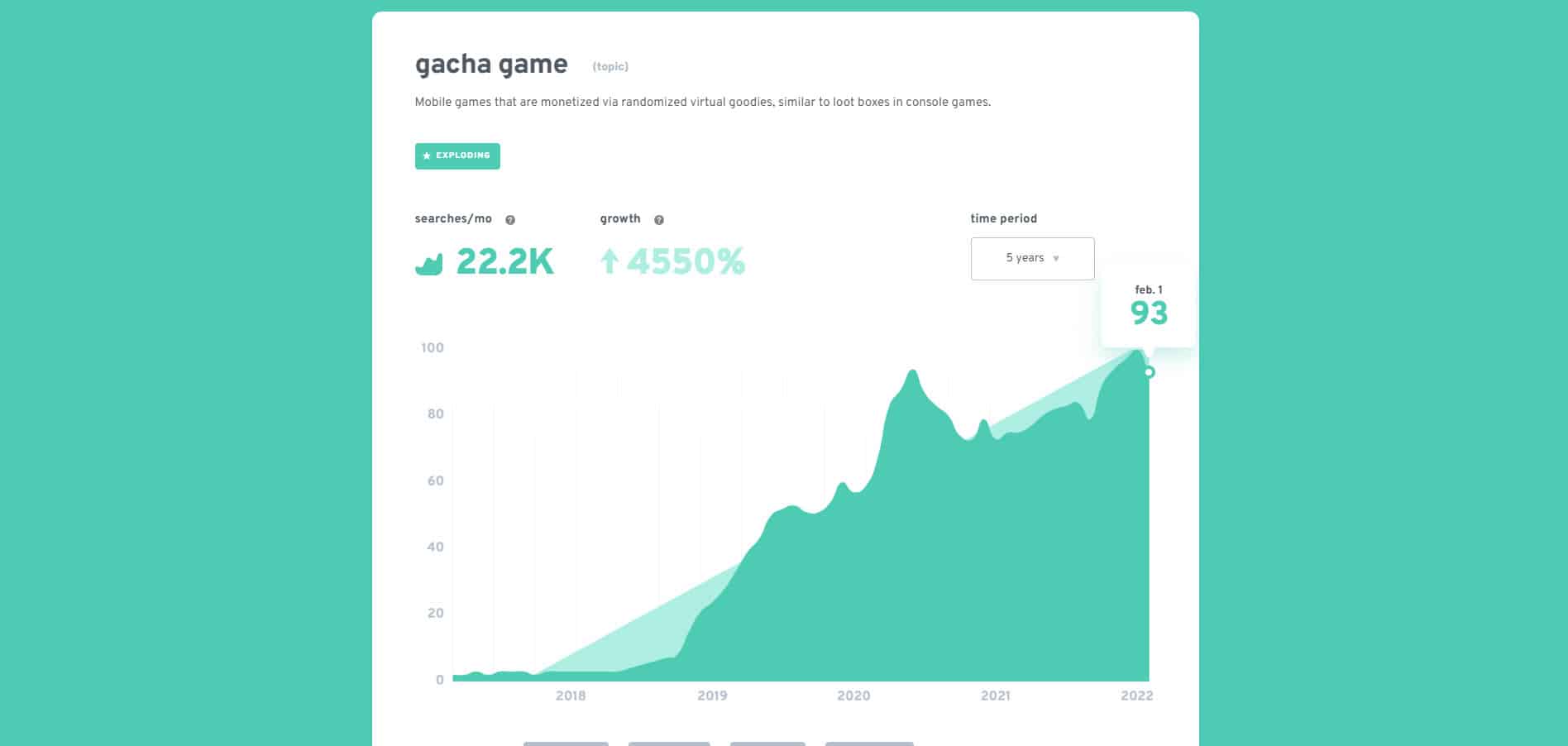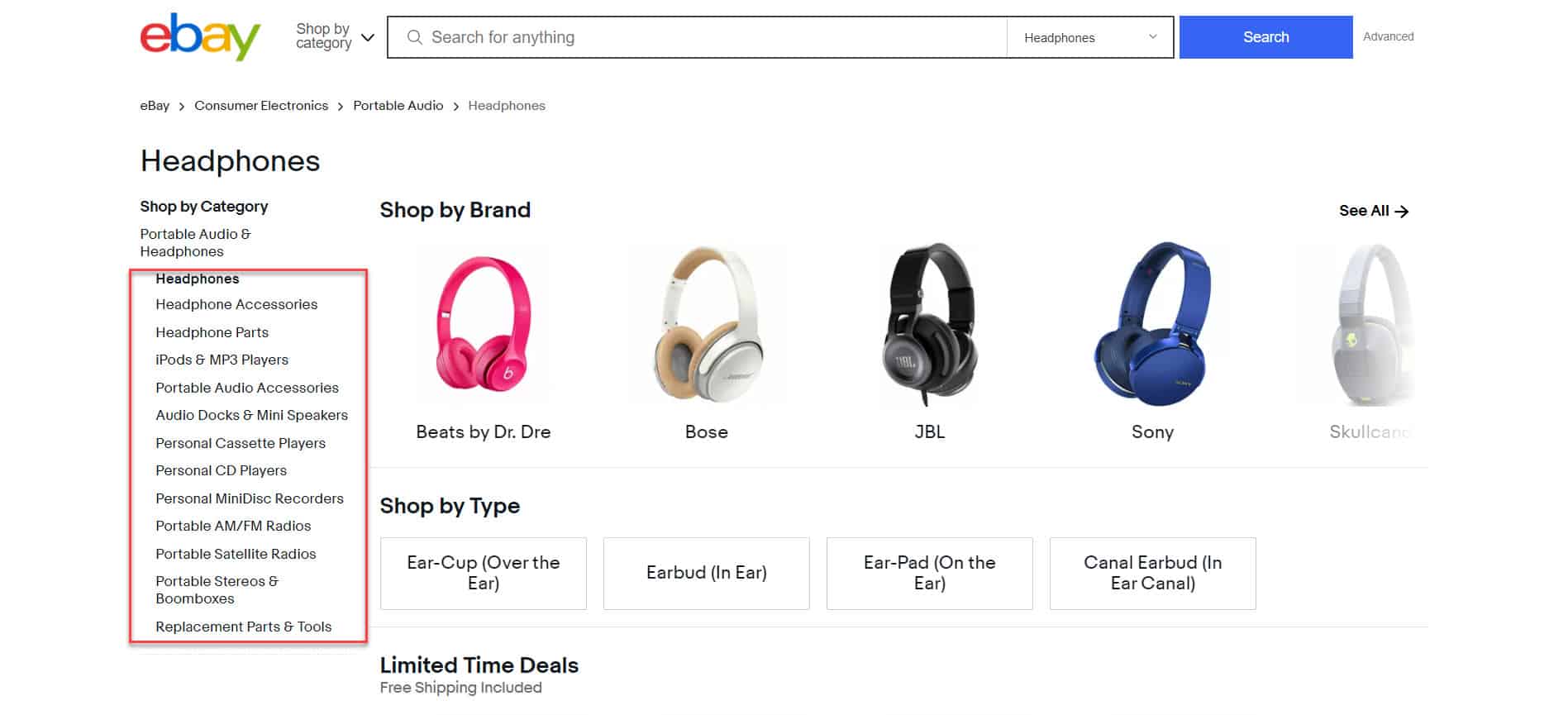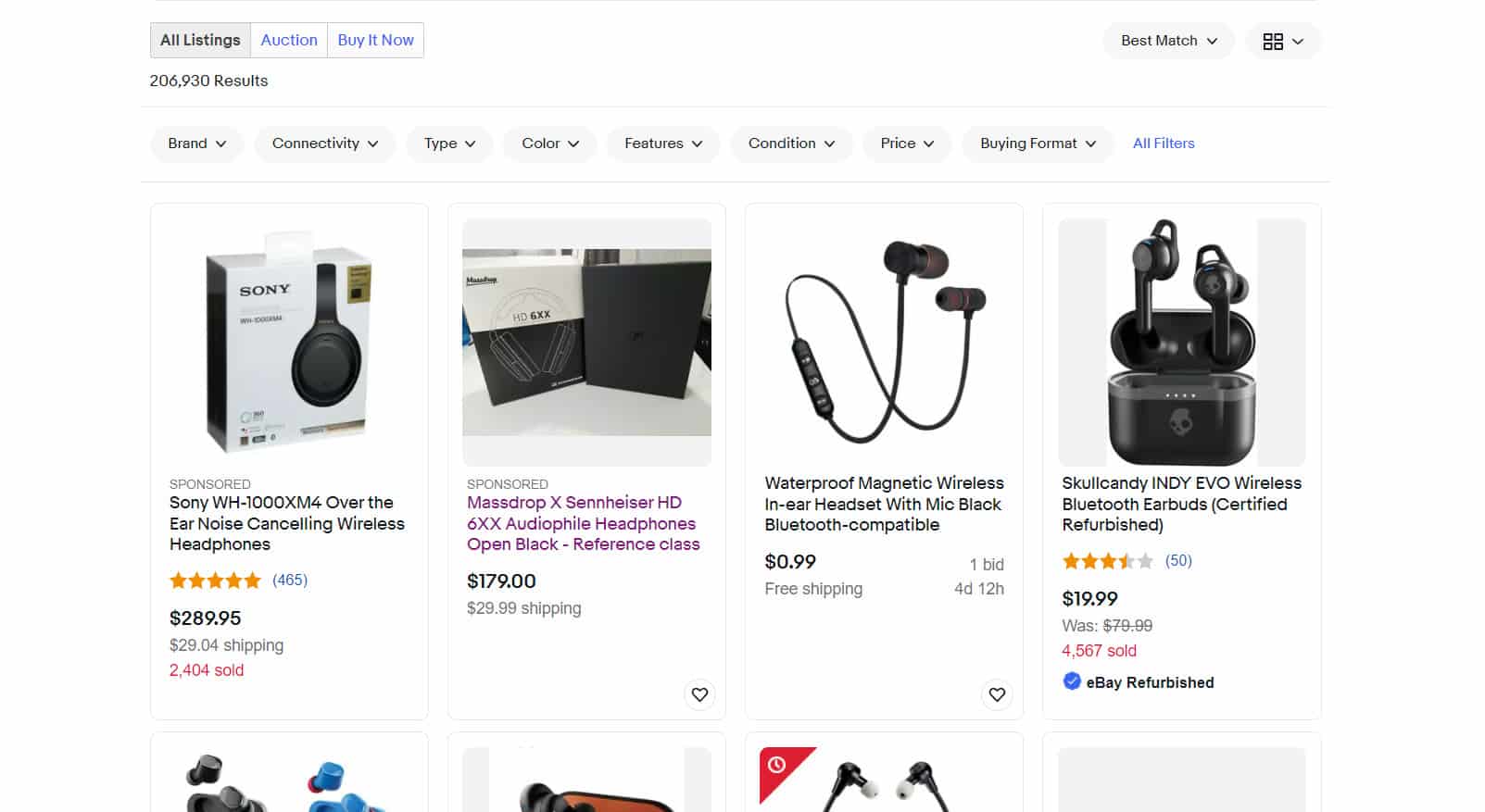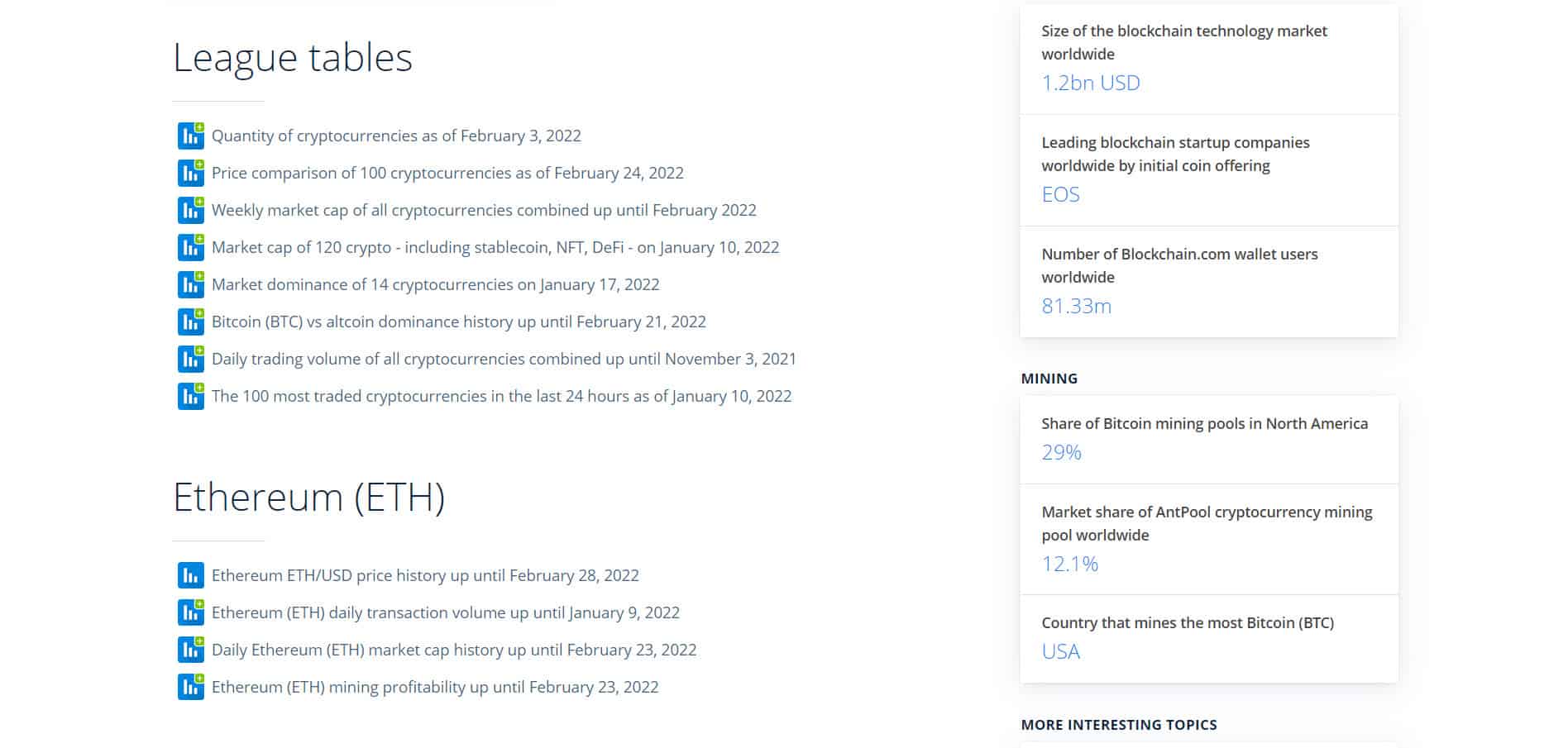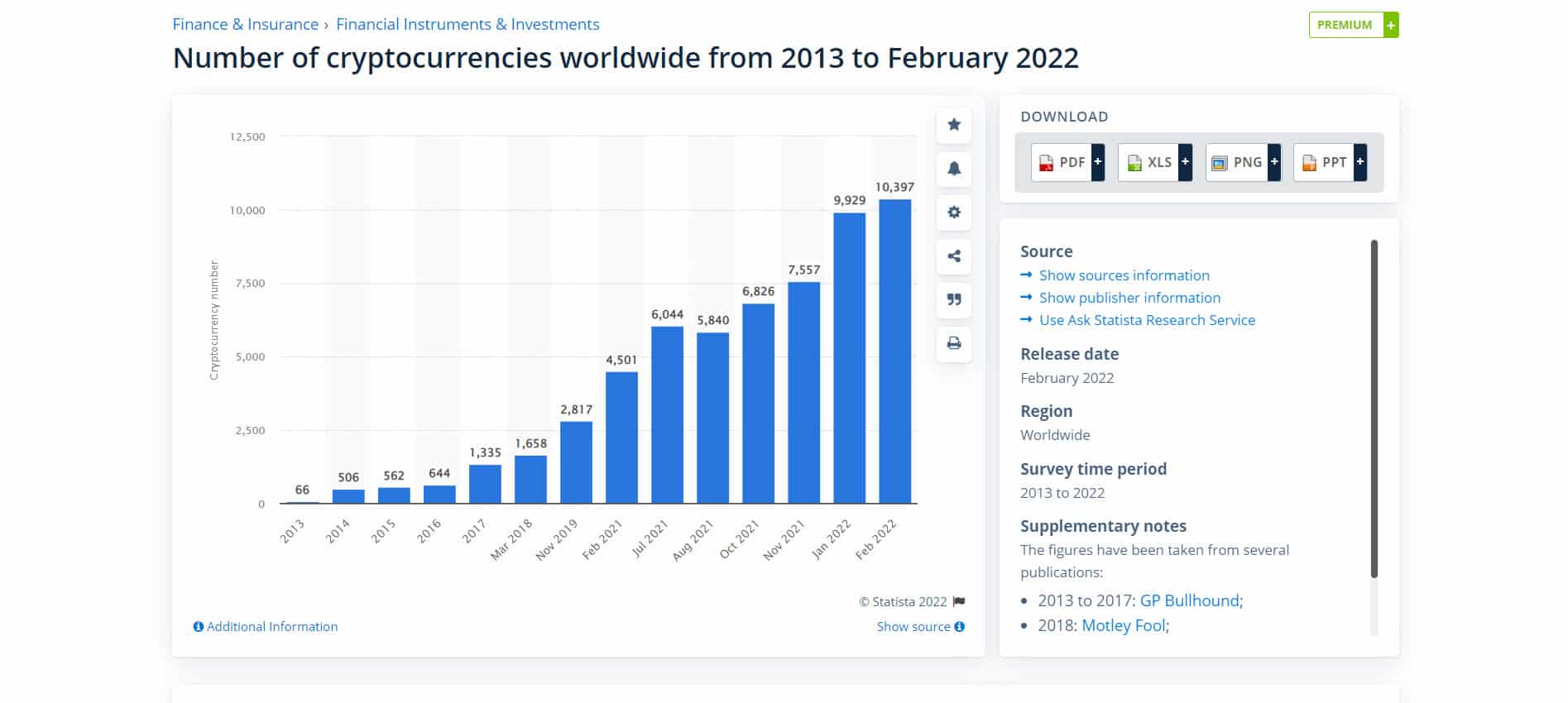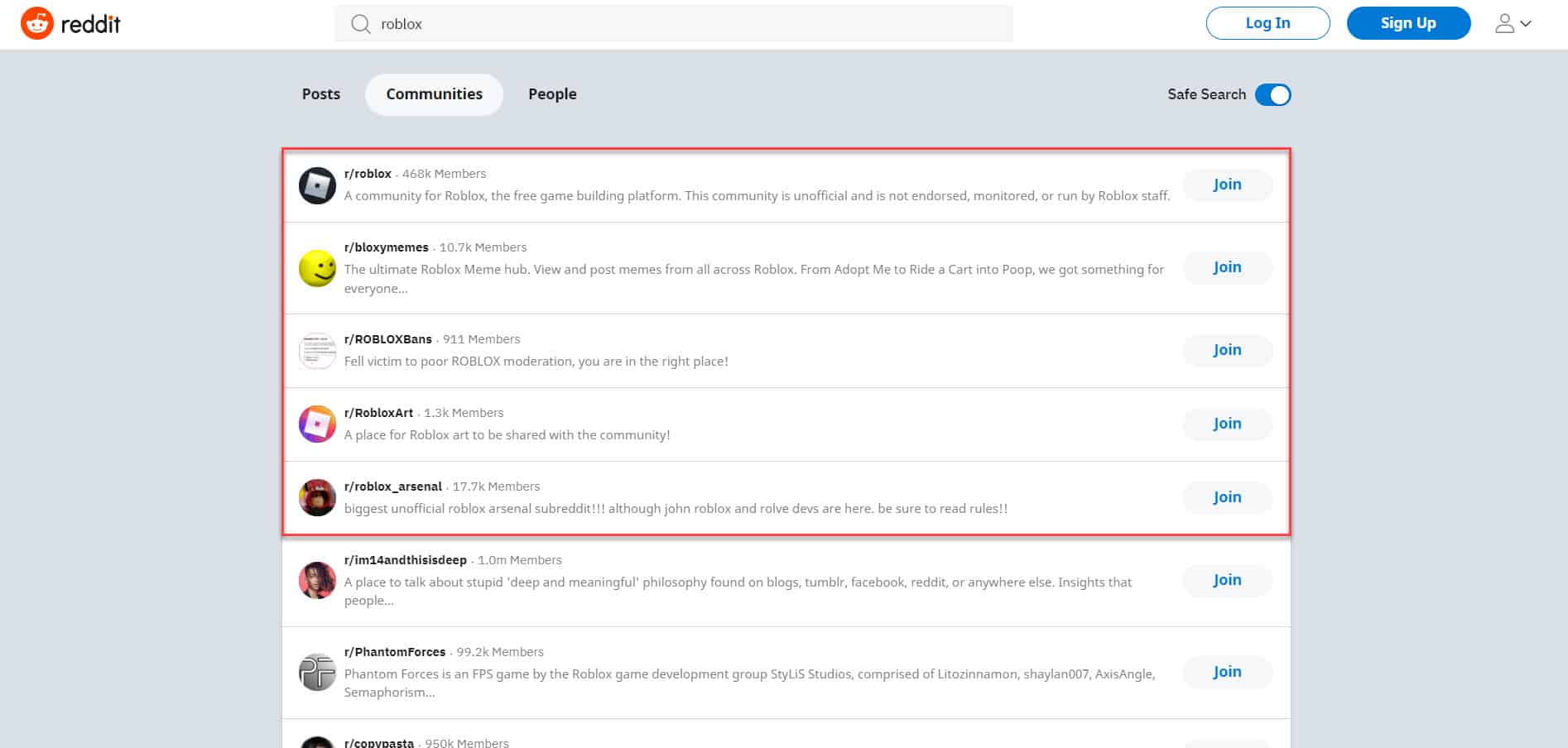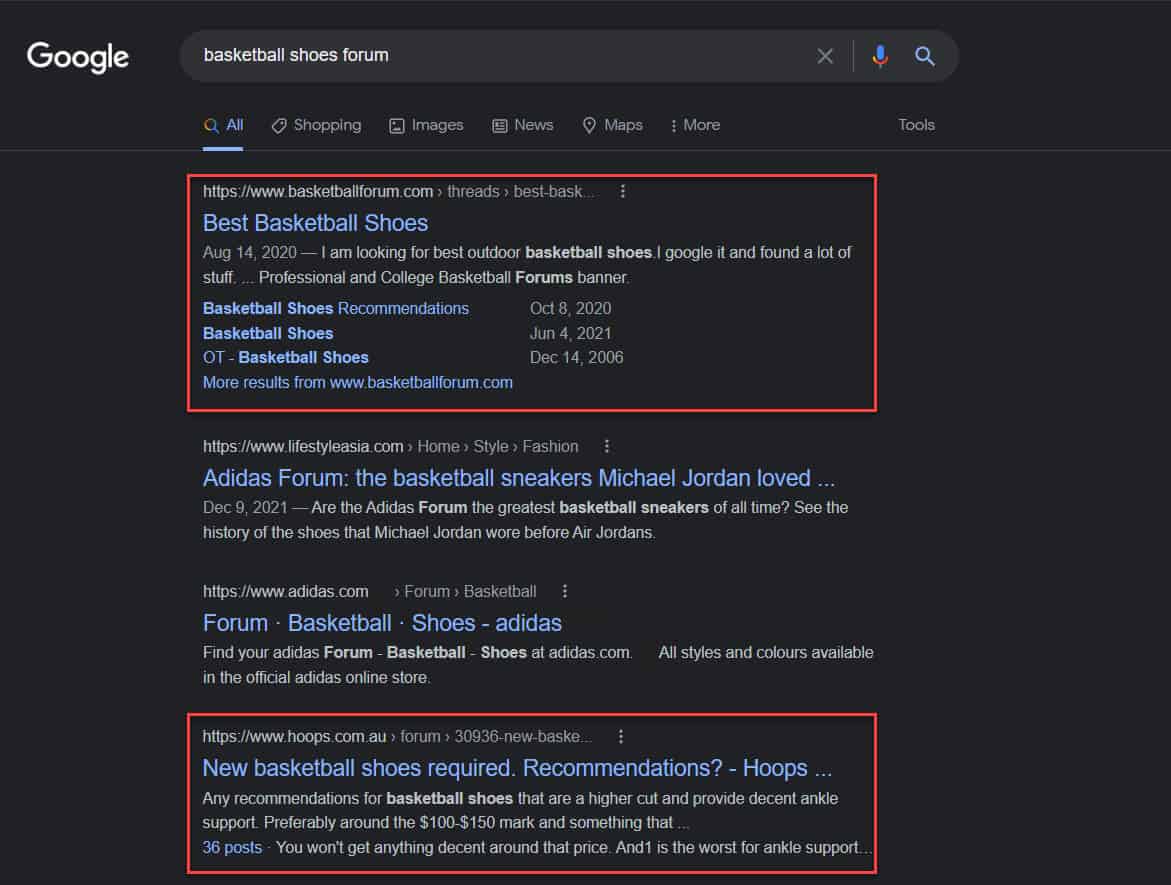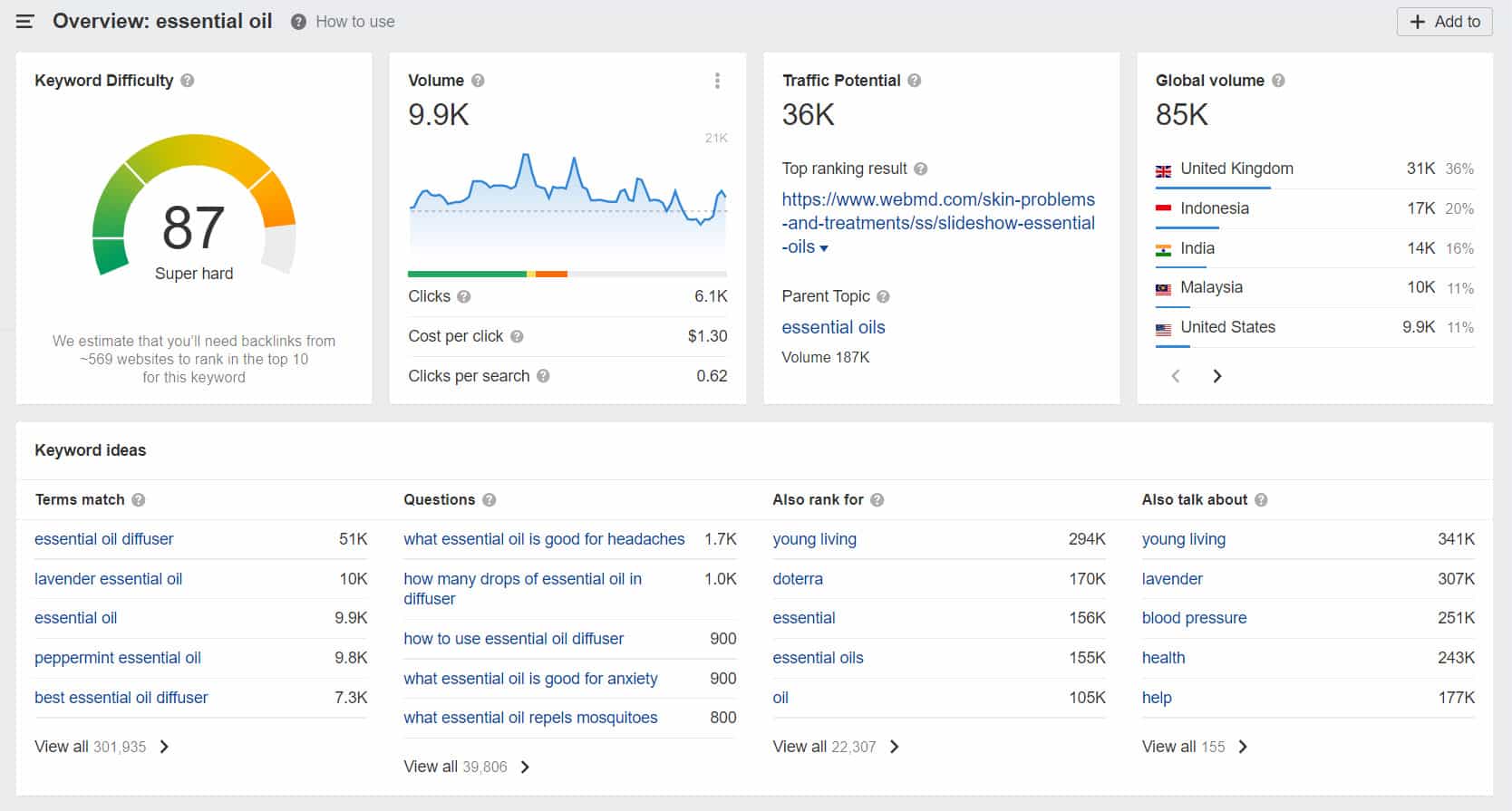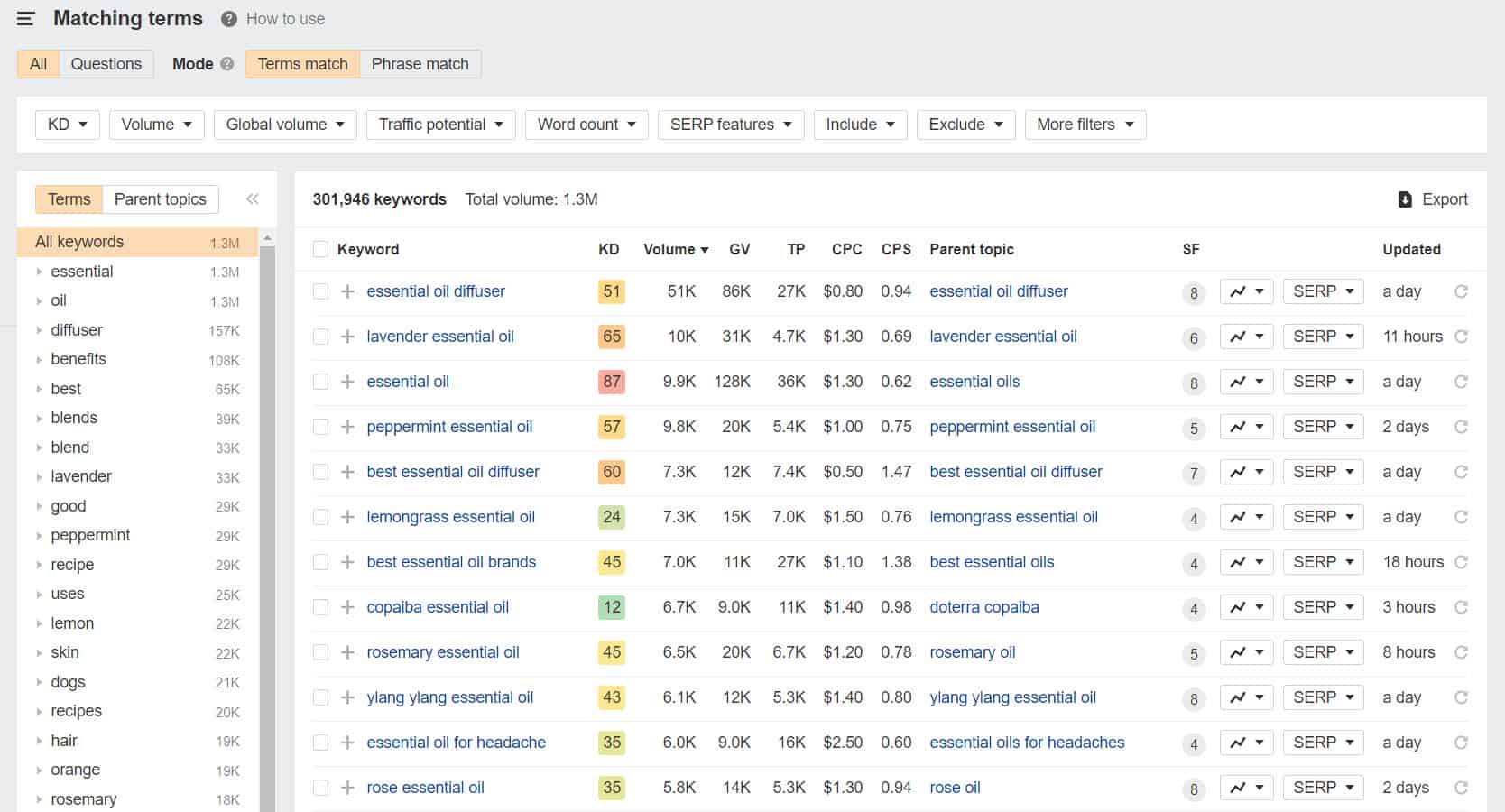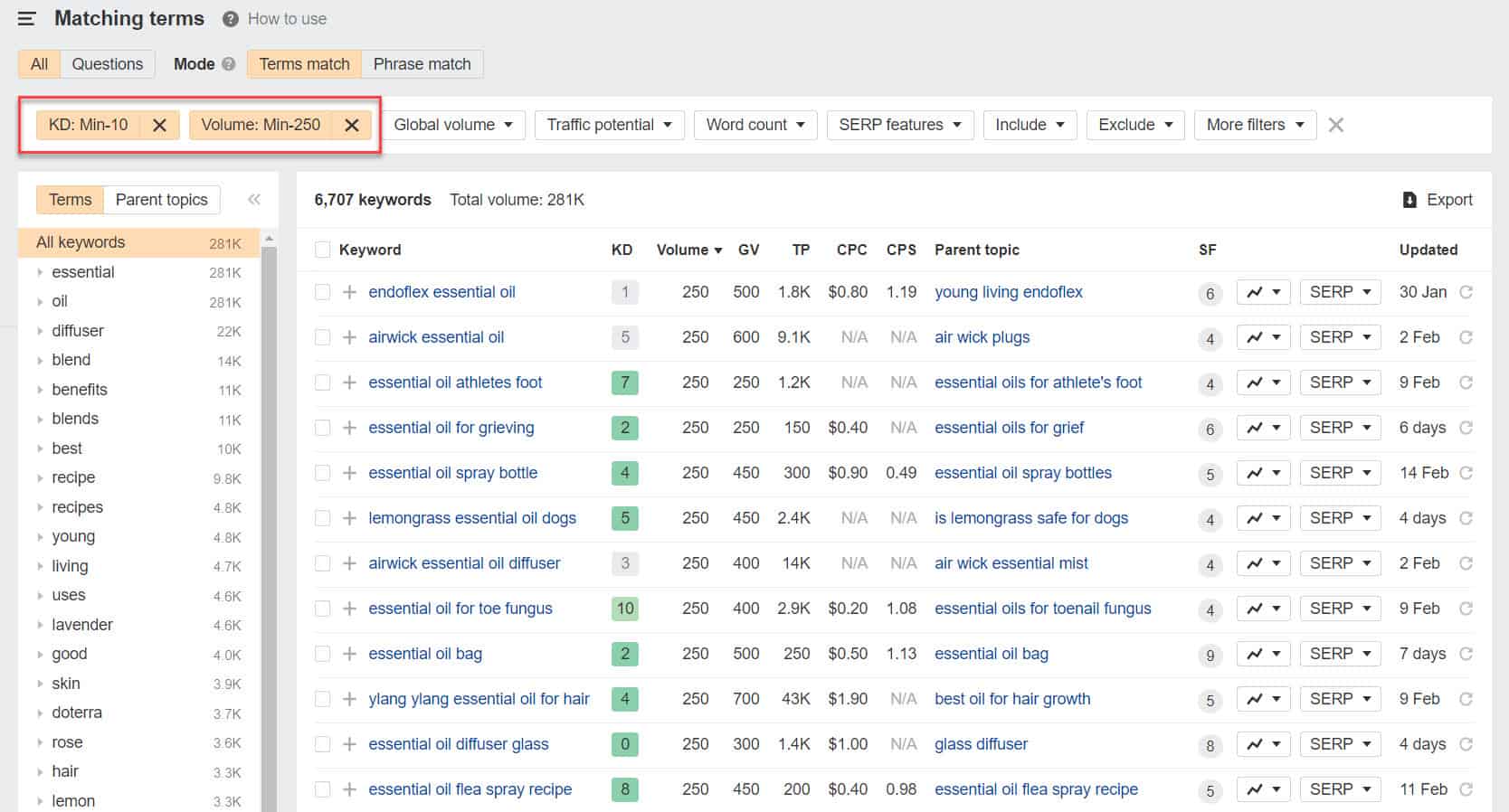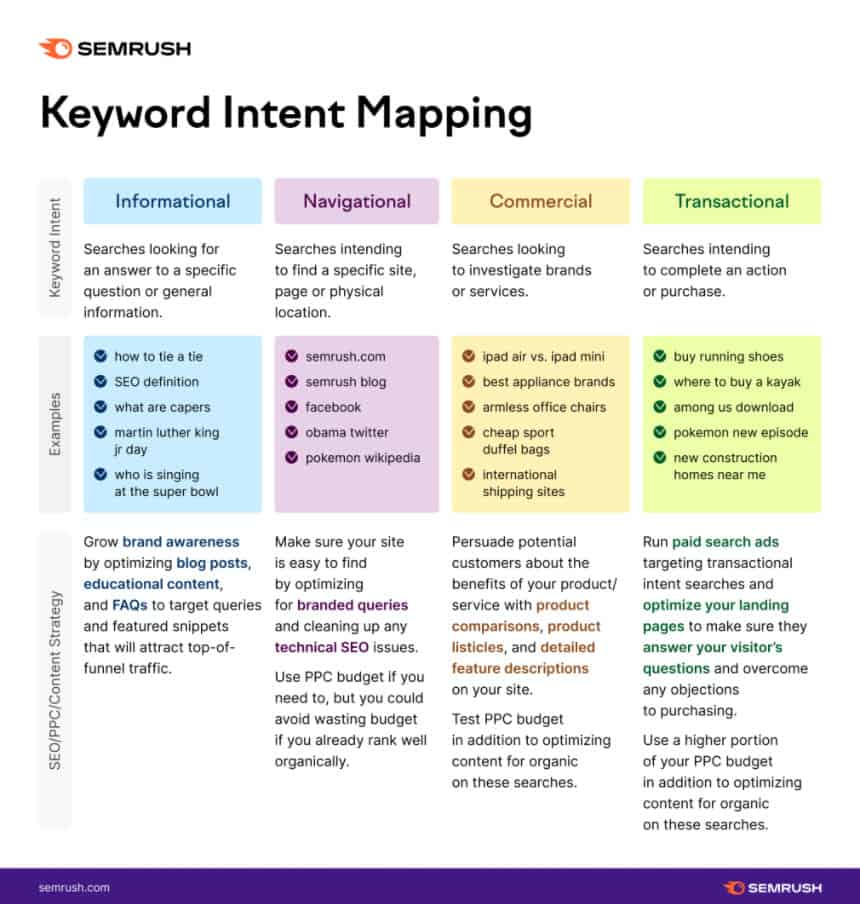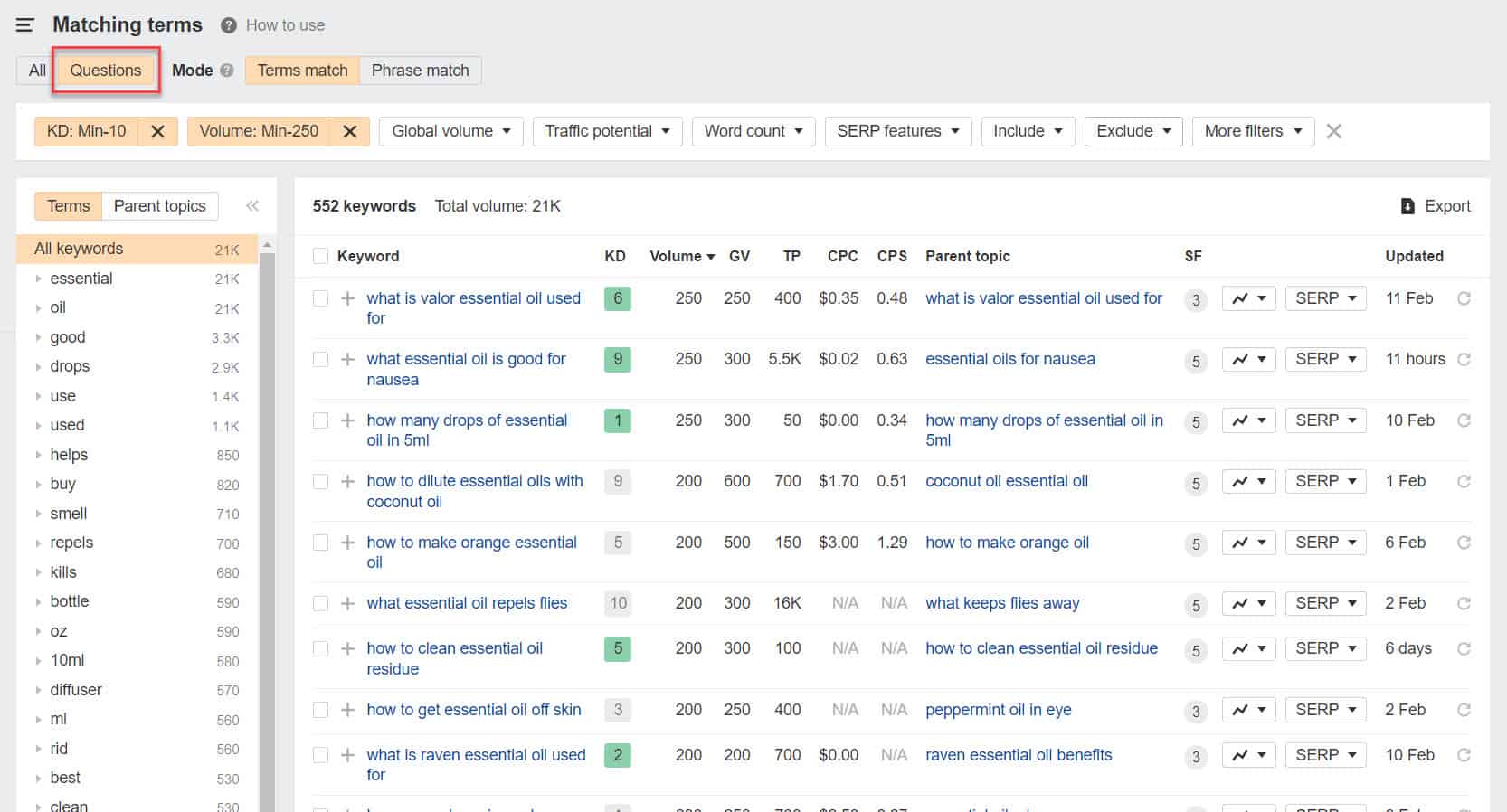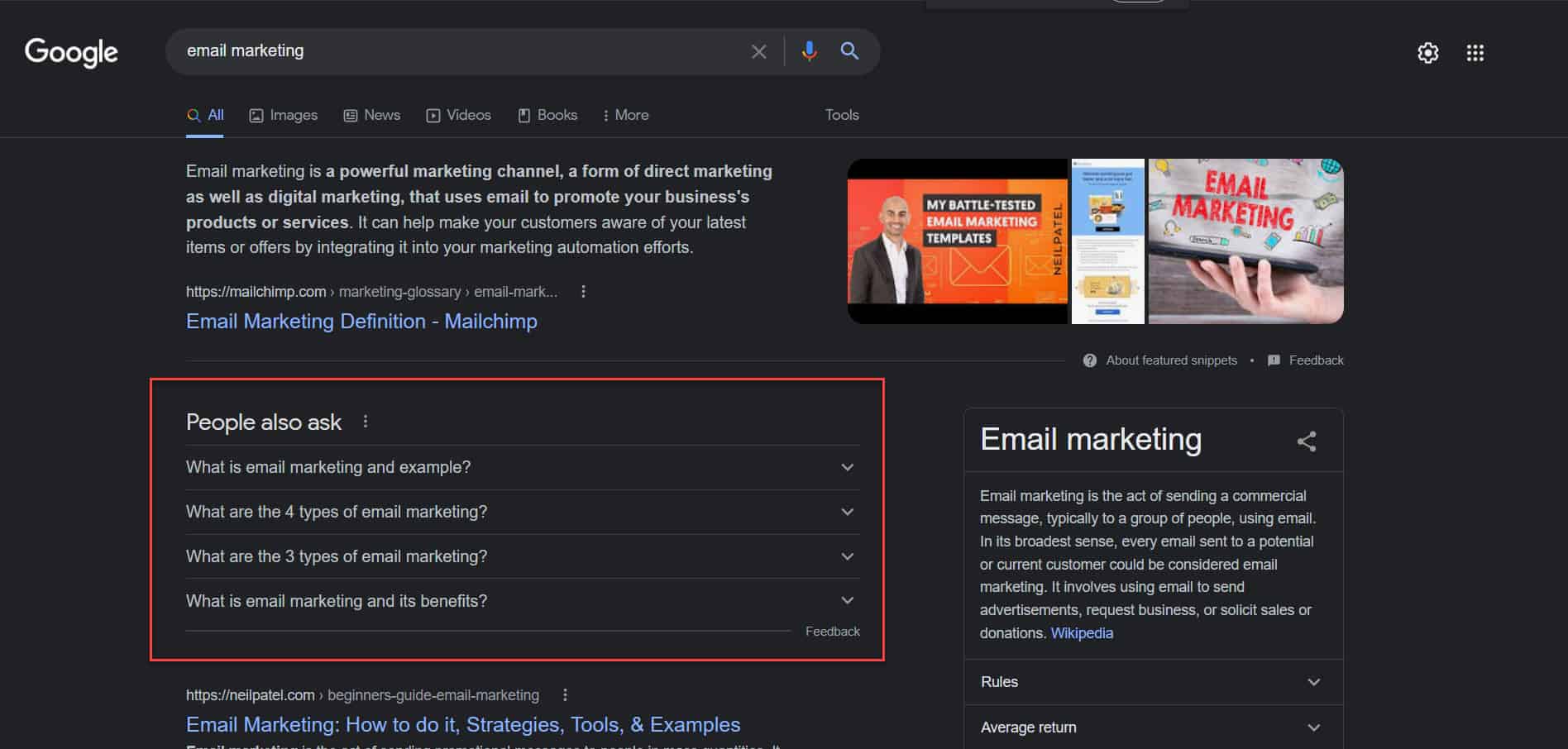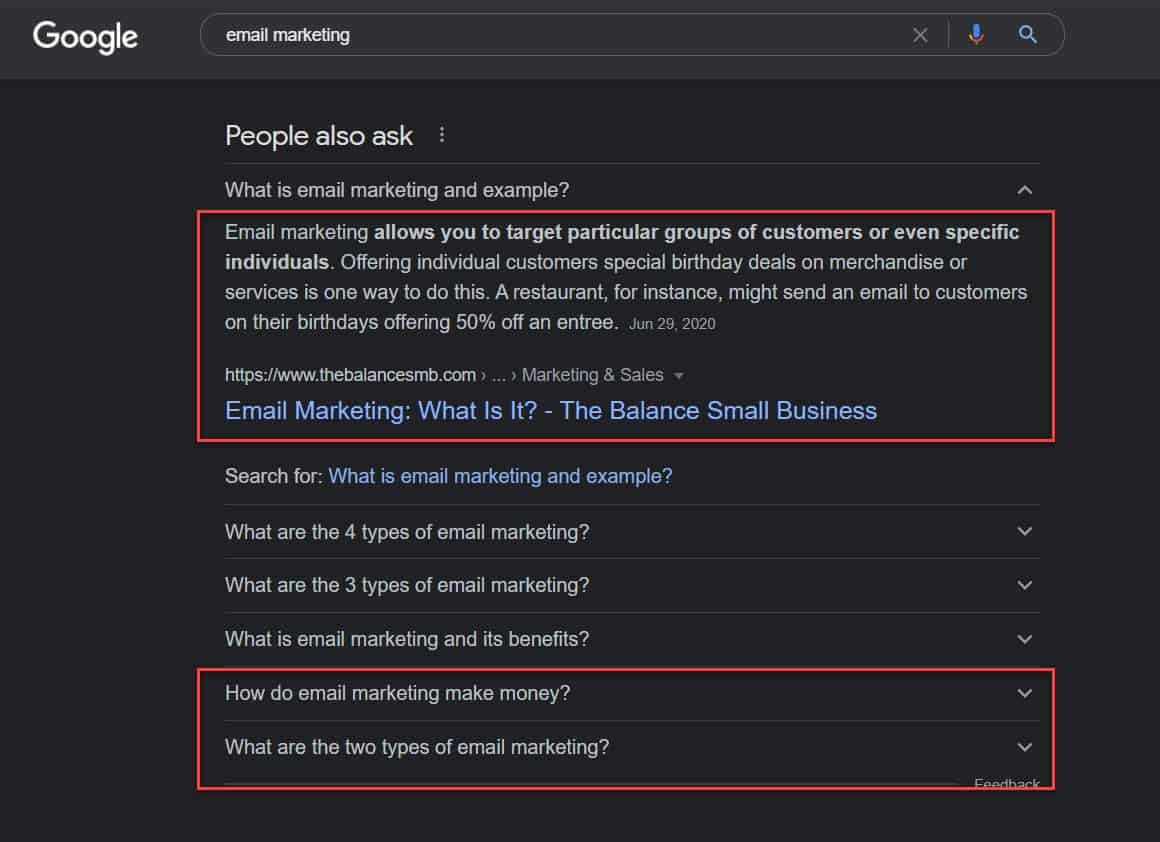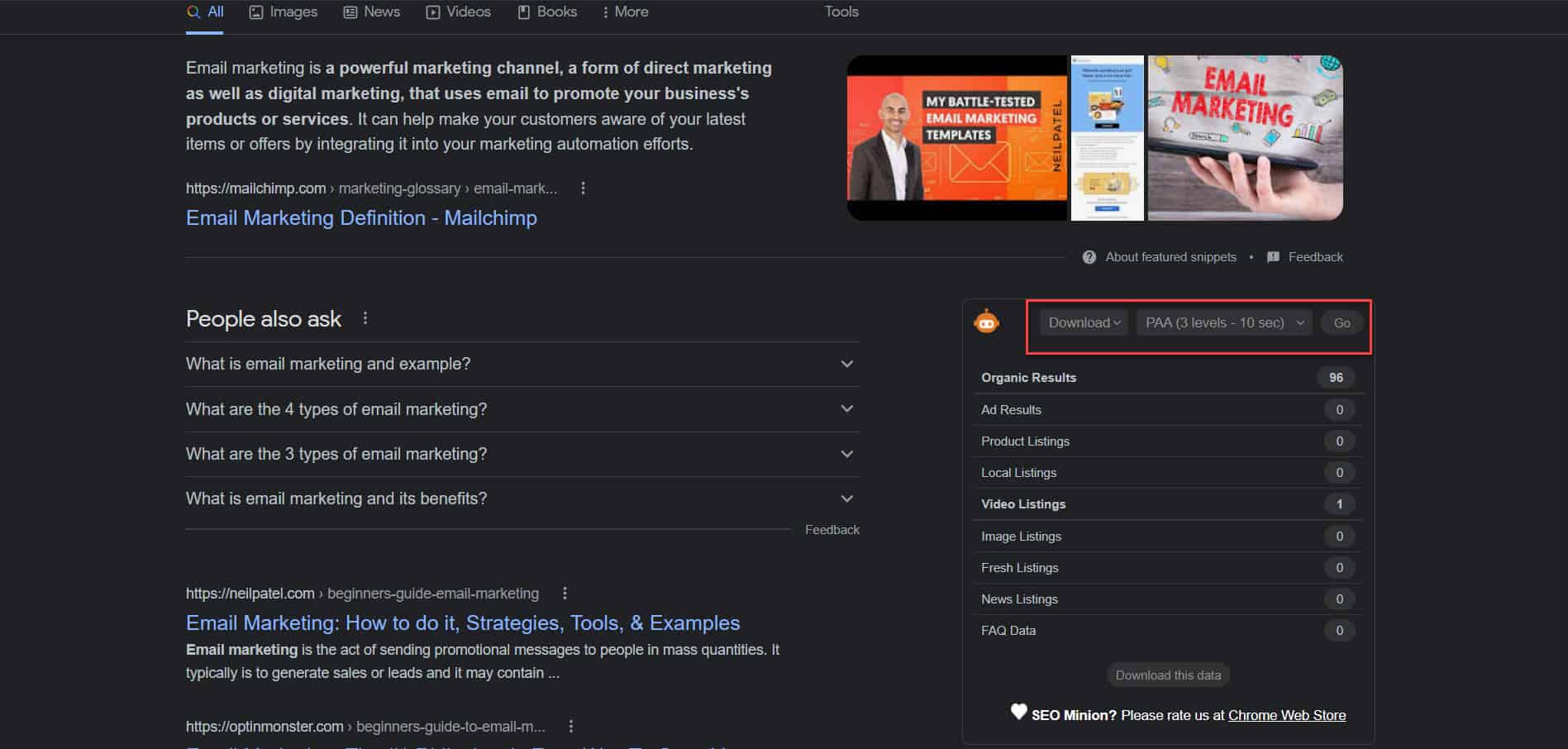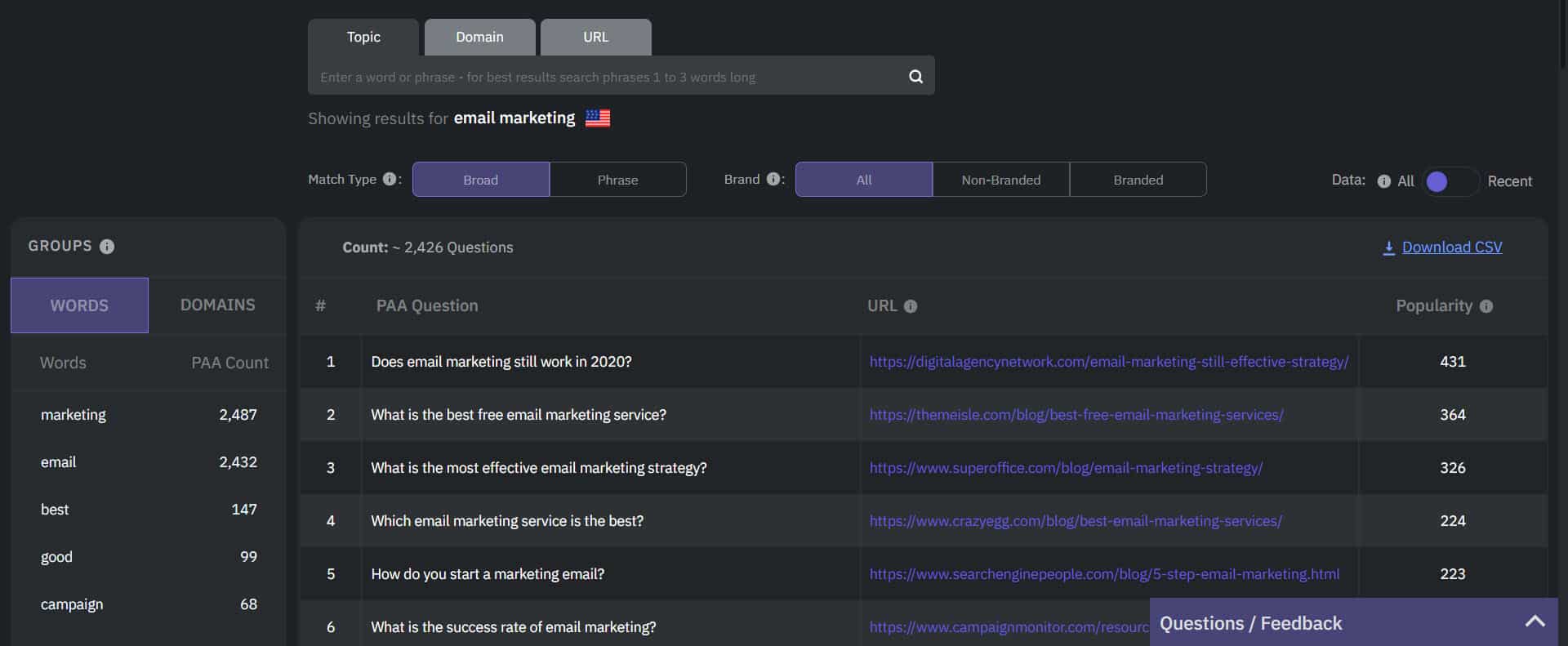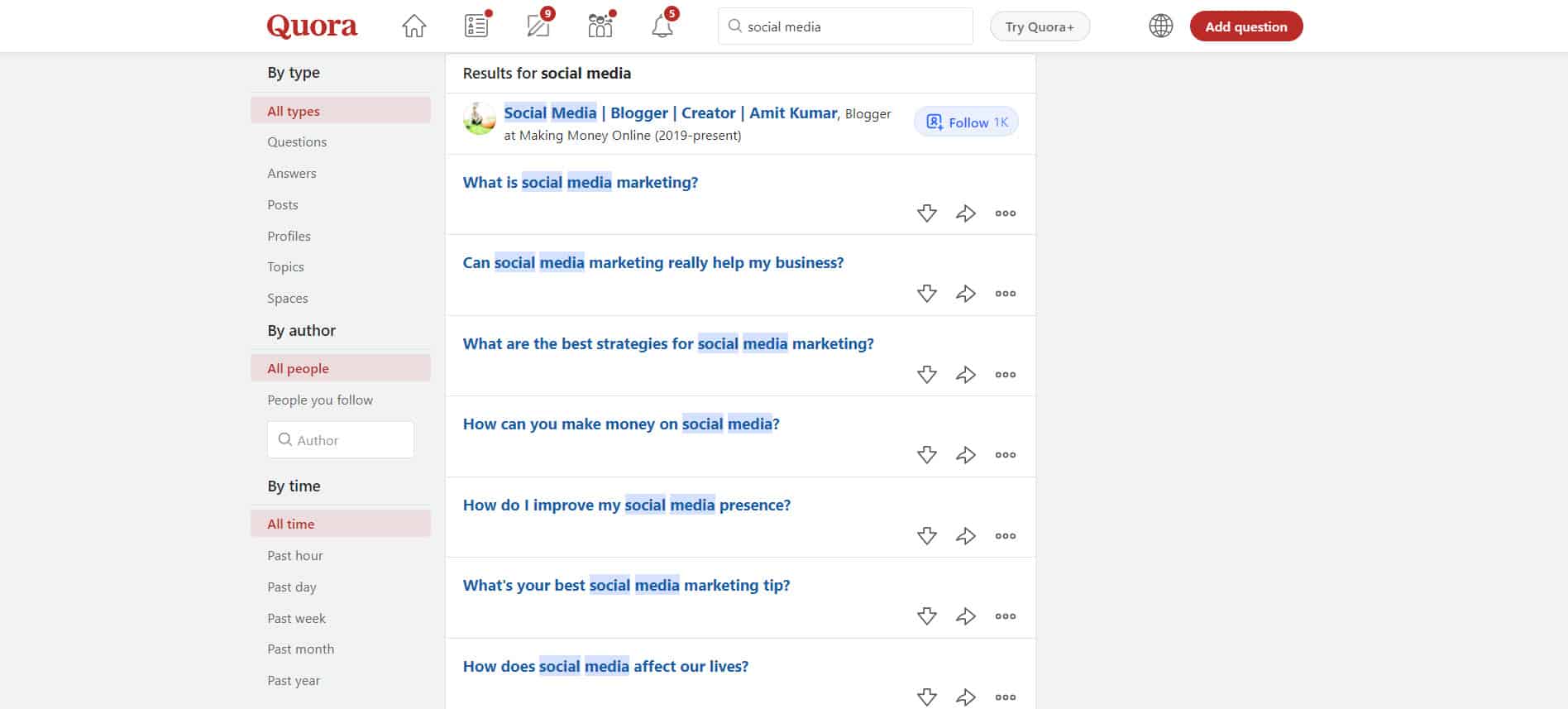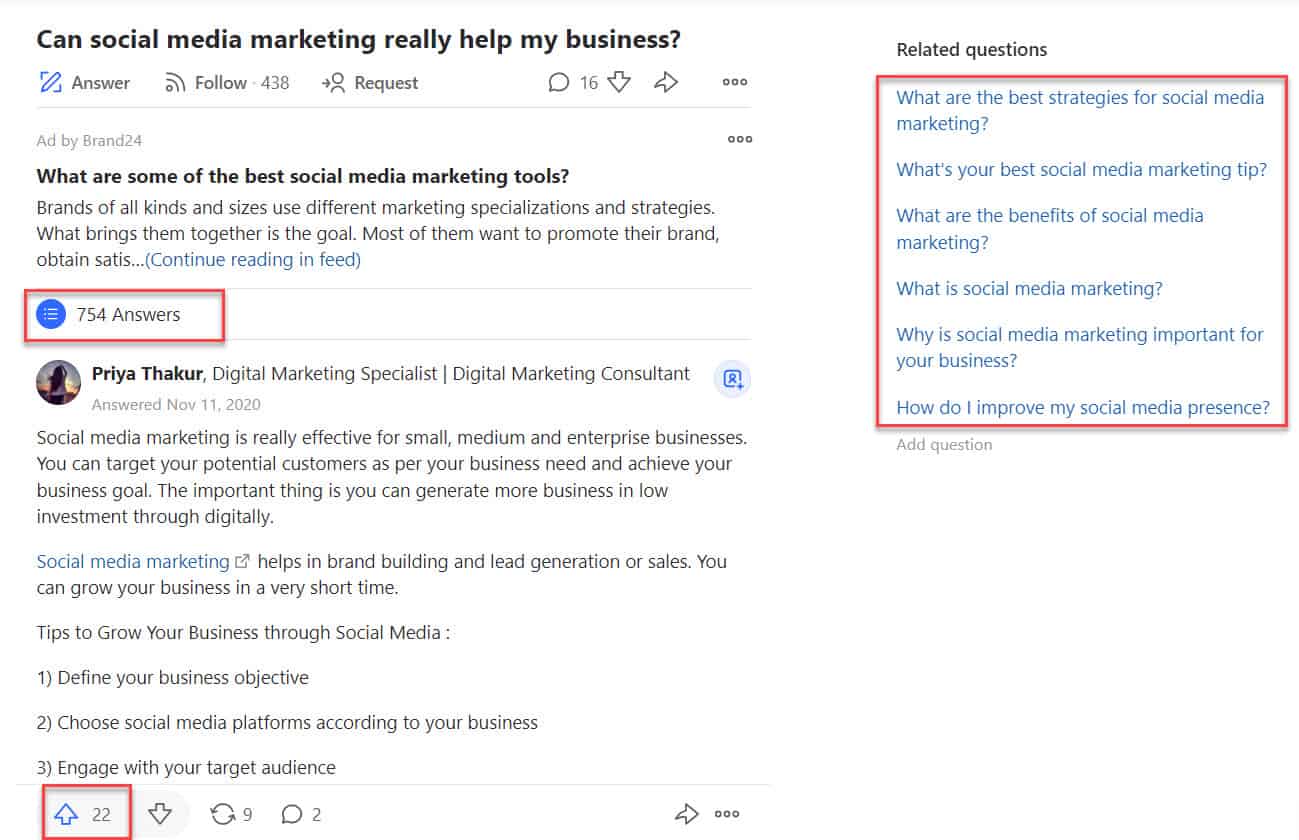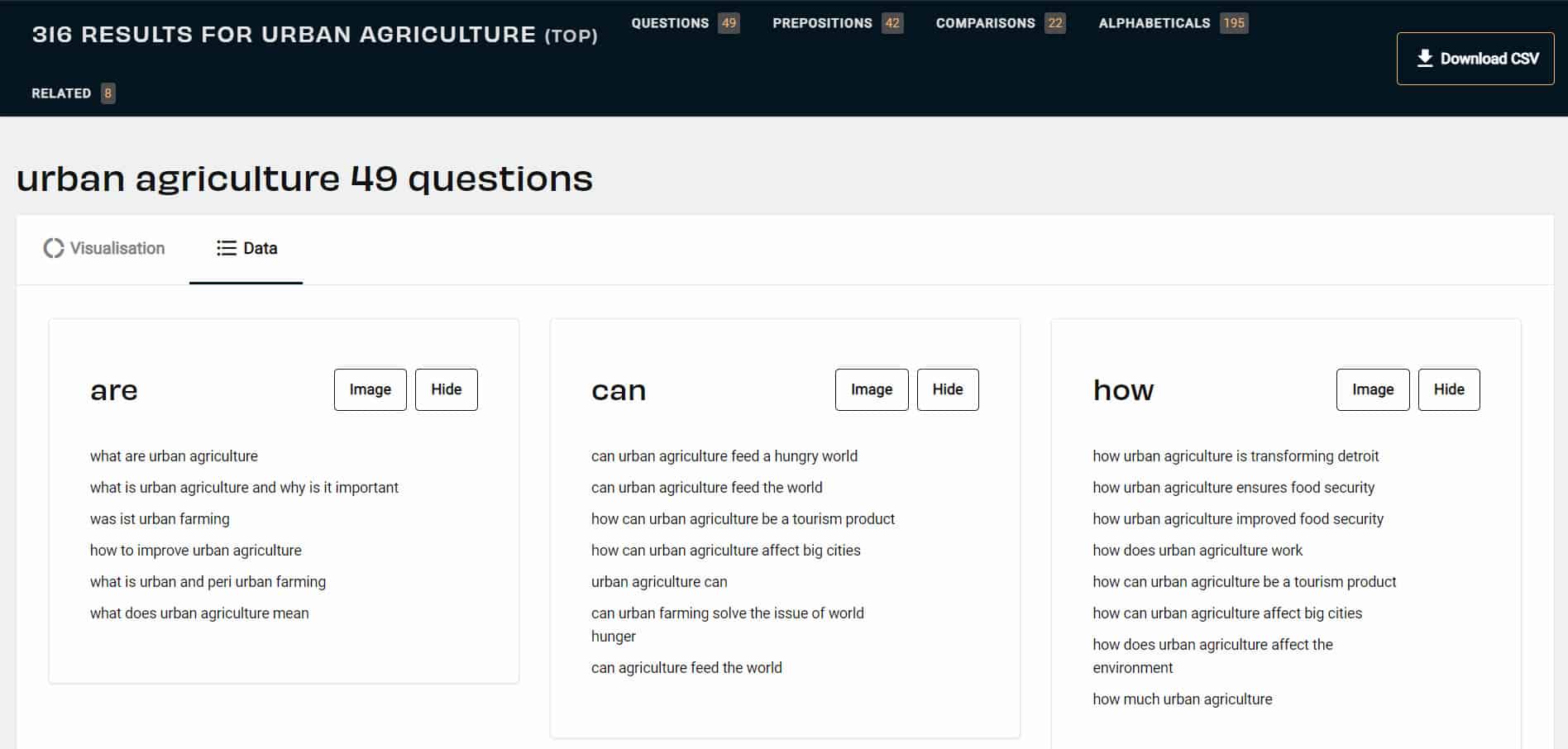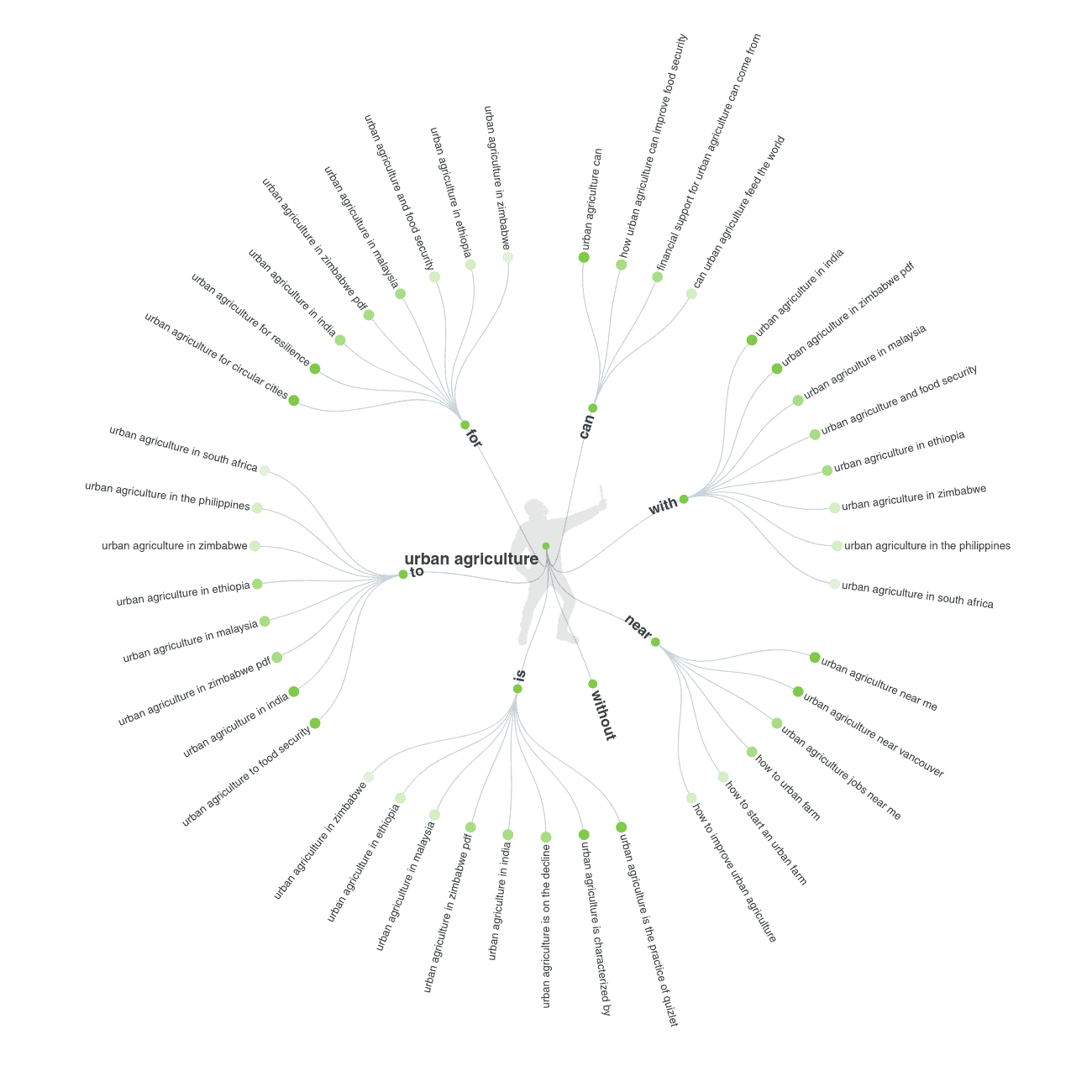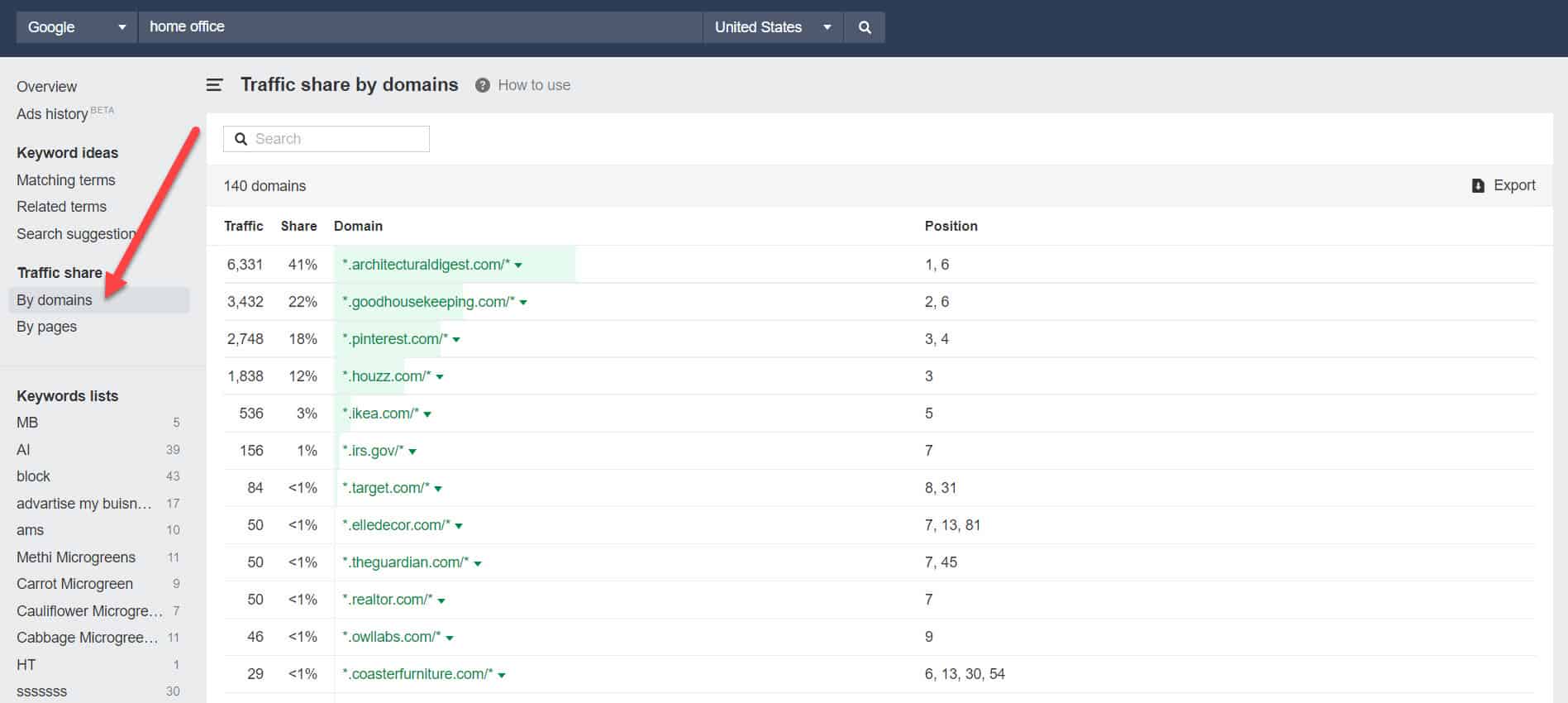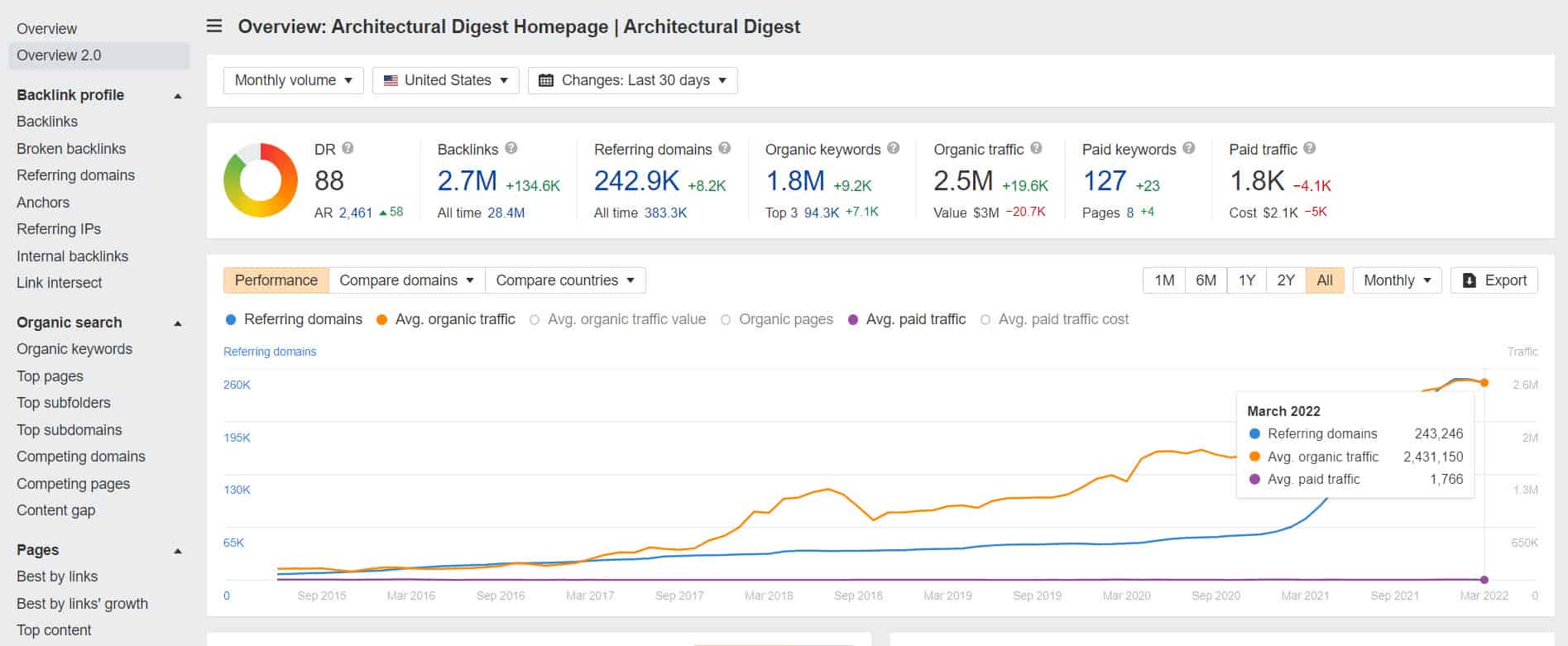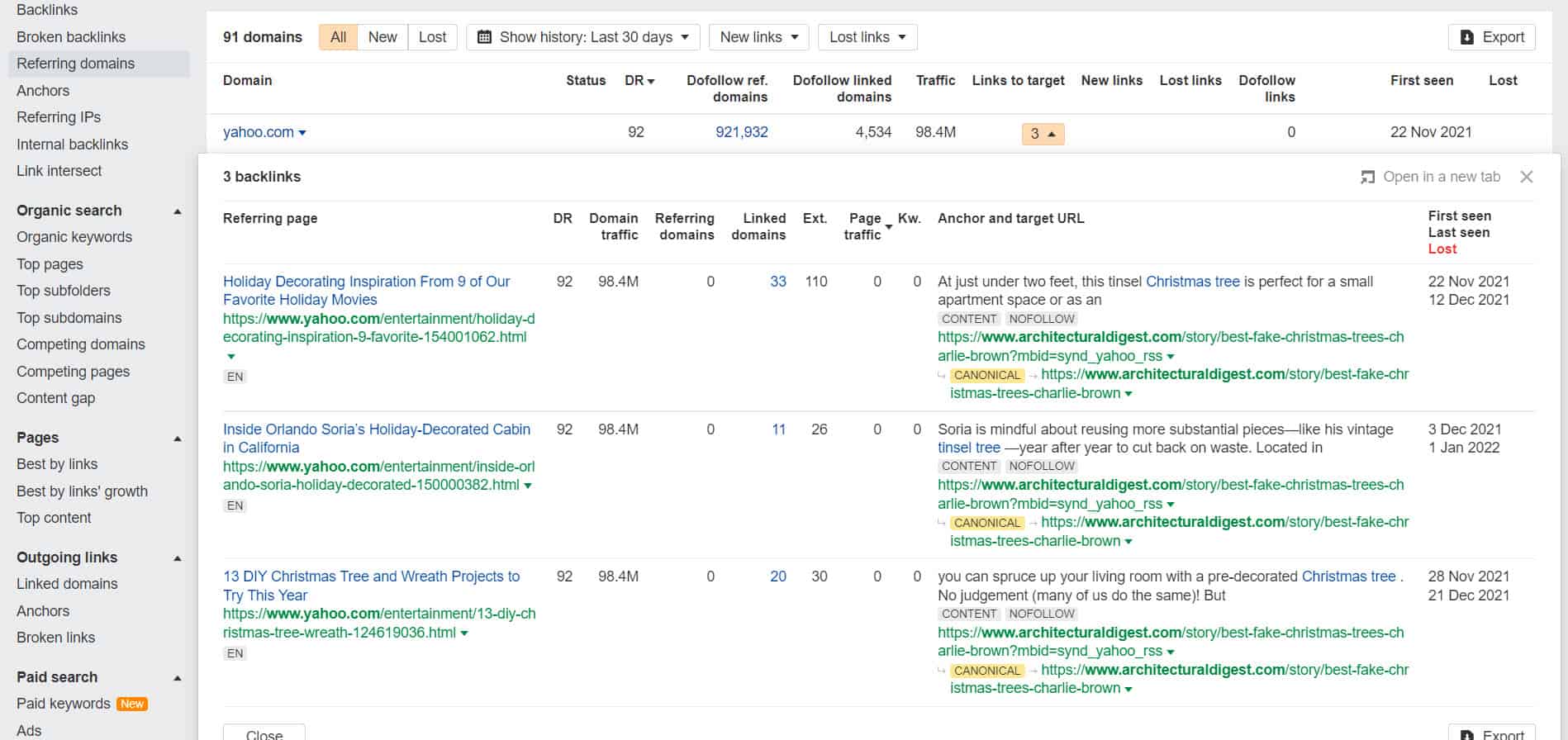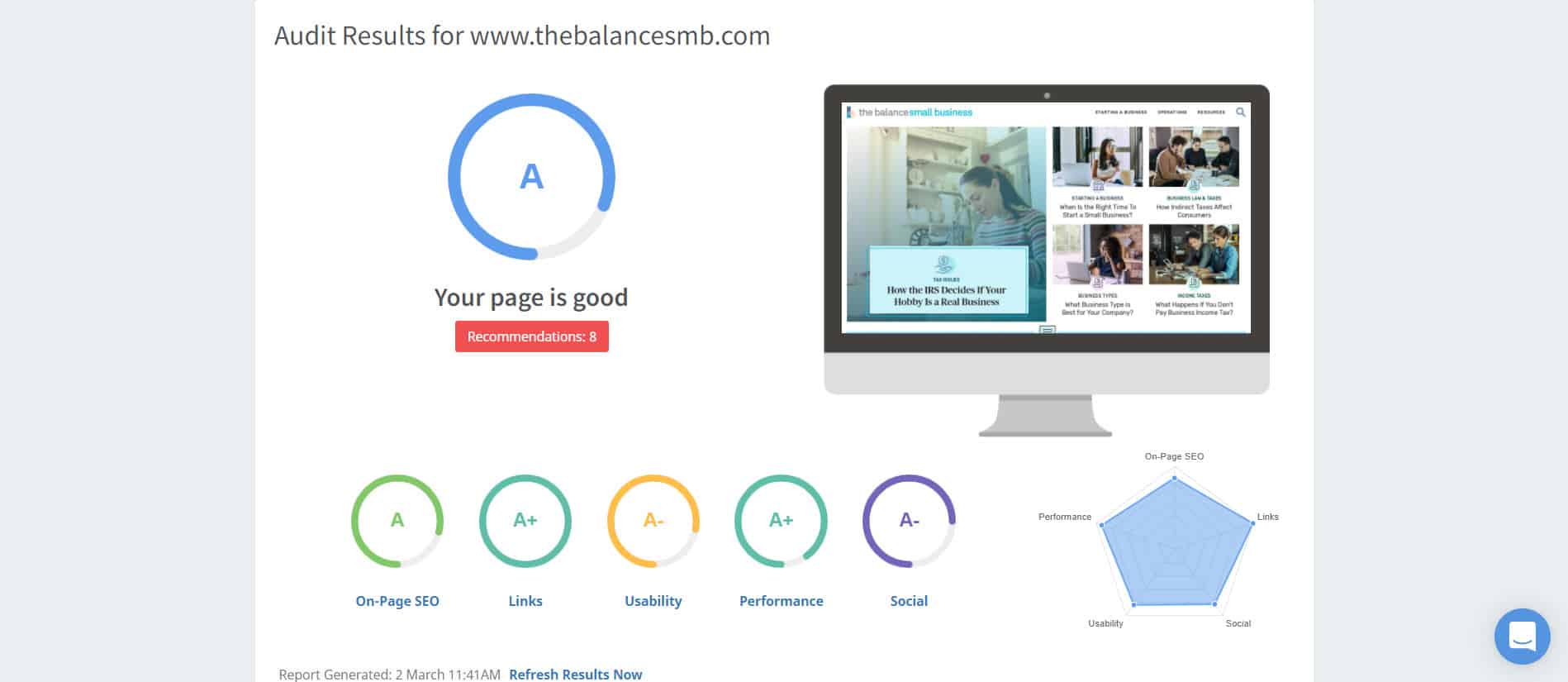Most people want financial freedom, and niche marketing is a way to achieve it. With a profitable niche business, you no longer have to rely on clients for your income. You become your own boss, determining your earnings and the way you work.
At best, you can even make money while you sleep!
The online gambling industry is one of the most competitive niches to target. It offers millions of dollars in revenues per year, and it’s extremely difficult to break into. In this Profitable Niches https://gamblizard.ca/deposit-bonuses/deposit-2/ offer cutting-edge games and competitive bonus packages. Plus, they spend millions on marketing. That makes this niche the perfect place to build a profitable bundle.
As the internet has become the go-to tool of the 21st century, the demand for online casino services has increased. As a result, affiliate marketing has followed suit. This industry is highly competitive and requires a large budget. The demand for online casinos is increasing and there’s a growing demand for affiliate marketing.
Affiliate marketers should start with a gambling niche if they’re new to affiliate marketing. Established affiliates create new websites that focus on certain topics. This way, they can target specific markets with higher conversion rates. Moreover, these niches are more likely to attract loyal users. So, it’s important to consider this when creating a website.
But before you dream of having this kind of life, you need many things to go your way. Aside from working tirelessly to build a niche website from the ground up, you must know how to research the right niche market and how to find profitable niches.
Finding and choosing your niche will be the single most important thing you do when starting your new business venture. Your niche helps you stand out from the competition, provides a unique voice, and differentiates your brand from others in the market. This post will guide you through the process of conducting thorough niche research to discover potential markets and refine them to find the most profitable ones.
What Makes a Good Niche and Why is it Important?
A good niche is defined by three key factors:
- Specificity
- Profitability
- Alignment with expertise or passion.
It should cater to a clearly defined audience with a strong demand while maintaining manageable competition. The ideal niche solves a particular problem or fulfills a need that isn’t oversaturated in the market.
Choosing the right niche is important because it allows businesses to differentiate themselves, attract a loyal customer base, and optimize marketing efforts. By focusing on a niche, businesses can become industry authorities, improve customer engagement, and achieve higher conversion rates. Additionally, a well-chosen niche often leads to higher profit margins since specialized products or services tend to command premium pricing.
Let’s explore the best ways to research and find the best niche ideas.
Start With Familiar Niche Ideas
For starters, take a look around and look at the products you’re currently using.
- Do you have dumbells and weights lying around your home? Consider the fitness niche market as your entry point.
- Do you find yourself playing guitar often? You can get into the guitar niche instead.
- If you don’t see any valuable products, consider your hobbies. Make a list of your hobbies and interests as potential niche ideas.
- Maybe you like cooking and love to try out new recipes during your spare time. The cooking niche is a good starting point for you.
- Even interests like cryptocurrency, movies, or basketball are possible niche ideas that you can turn into a profitable website.
The idea behind entering a familiar niche is that you have pre-existing knowledge about it and a special attachment to it.
Focusing on a niche you are familiar with gives you an advantage over competitors who are only in it for the money. It provides you with insights that most people lack, which is especially important when building your business and creating content for your site. Your expertise allows your content to resonate better with your audience.
However, not all niche ideas will be profitable. The goal of brainstorming various niches is to narrow down your options to identify the most lucrative one.
Related: Discover how to find profitable affiliate niches, markets with the highest RPMs for display ads, and lucrative product ideas for an online store.
Look for Niche Ideas Outside Your Scope of Knowledge
There are many promising niches available for building your online business, and you might not be aware of most of them. It’s important to explore and discover these potential niches.
Begin your niche research with Google Trends. By searching for a keyword or topic, this tool will provide insights into interest levels across different regions, as well as related queries and topics.
You can refine your search to a specific subtopic or niche market. Then, you can compare them to identify which has the highest interest over time.
You can even run your list of niches using Google Trends to get an idea regarding their interest using Google search.
The tool also provides you with daily and real-time search trends over a period.
You can use this feature to learn more about the current trends and dig deeper into their respective niches.
Another way to search for niche ideas is by using Ahrefs. It’s one of the best search engine optimization (SEO) tools in the market that helps you with different aspects of SEO.
For this purpose, its Keyword Explorer feature is the only keyword research tool in the market that allows you to enter nothing on the search bar. This way, you can gain access to its extensive keyword data.
From here, you can comb through the list using filters to drill down niche keywords that are easy to rank for on organic search.
Ideally, you want to find keywords with relatively low Keyword Difficulty (KD) and Traffic Potential (TP).
For example, you can limit the niche keyword results by setting the KD to 10 and TP to at least 1 million.
You can refine the results by playing around with the filters. For example, you can exclude niche keywords containing specific words or phrases to prevent them from showing up.
Once you’ve found something interesting, click on its Parent Topic to see related keywords that you can optimize and rank for.
This shows data about the topic to which the initial keyword belonged. We will delve deeper into the information here once we reach the keyword research section of this article.
Finally, you can use Exploding Topics to expand your niche research.
It’s a premium tool with a 14-day trial for $1. However, the site shows data for some of the niches that exploded in search volume.
Unlike the previous tools that analyze a niche based on its current search volume and interest, Exploding Topics uses an algorithm that predicts the growth of a niche in the future.
This means the niche may not have lots of interest and organic searches now, but it could have tremendous popularity in six months.
Keep in mind that the niches featured in the tool won’t guarantee you profitability in the future. However, it does help expedite your research of a profitable niche market so you can focus on getting your niche site up.
Find a Niche from Products You Can Sell (and Make Money From)
Another place where you can perform niche research is by going to online marketplaces.
These sites carry various products across different niches that you can promote and sell on your website.
What you’re doing here is reverse-engineering the process of niche research.
Usually, you search for products to sell and make money in the latter part of your research. But you can use these marketplaces to hunt down niches you didn’t know existed.
There are many marketplaces to sink your teeth into, including Amazon and eBay.
The former is the largest online marketplace with a host of products to sift through for niche ideas. And while eBay isn’t as big as Amazon, it hosts products you may not find on Amazon, in particular auctioned and pre-loved items.
Upon visiting either site, look for the Category section and check out the subcategories of the one that is of interest.
Click on the subcategory to visit the related products and subcategories page to broaden your search.
At this point, you might as well look for the best products sold under this subcategory.
On eBay, scroll down until you reach the products section. You can filter the results based on price, brand, and others to get a general sense of the average product cost in this niche.
If you’re on Amazon, you can even filter the results based on their rating to help you find what customers think are the best products in the category.
This will be much more important later on, especially if you’re going the affiliate marketing route.
But if you’re planning on building an online store, research on AliExpress instead. The site carries the most affordable products you can purchase in bulk.
Analyze The Niche Market and Audience
Once you have brainstormed for different niches, you must filter which are the most profitable.
Knowing how much you can potentially earn from your niche enables you to choose the one that will help you make the most money.
To do this, you must check out their respective market shares and their online audience.
Regarding the former, you can check Statista to help you identify the market shares for a niche.
For example, Statista has a collection of statistics and data about cryptocurrency as a whole and the different currencies for trading.
You want to find out whether the outlook towards the niche is good. A good sign is when you see growth based on the graphs shown from the different studies on the site.
Some of the niche ideas may not have statistics available in Statista. In this case, search for “[keyword] statistics” on Google to show you other sources that provide the latest stats about your niche.
In this niche market example, instead of seeing statistics about marriage, the top-ranking page is about divorce. While both terms are related, Google showing results about the end of a marriage is not a very good sign.
If anything, the results should tell you to consider divorce as your niche instead of marriage or wedding!
Aside from leveraging statistics to determine a niche’s popularity and profitability, you should also search for online communities dedicated to your niche.
The goal is to find lots of communities with thousands of vibrant members discussing the topic in depth.
One of the easiest ways to search for these communities is through Facebook. Enter your niche topic on the search bar and filter the results to only show posts from public grounds and groups that you are a member of.
Reddit is another place to find different subreddits or communities about your niches.
To broaden your search, go to Google search and type “[niche] forums” or “[niche] discussion boards.” Replace [niche] with the niches in your list.
The results should show you forums and discussion boards dedicated to your niche.
From here, you should open the page to check out the group and see how active and vibrant the community is. How the group admins moderate, the community is also a good indication of the community’s health.
It’s possible to have thousands of members in the community but only have a handful of published posts every week. Or the group could have lots of unrelated and spammy posts.
These are signs that the community is as good as dead. And if all the communities you found about the niche are inactive, it doesn’t bode well for your niche.
Using data from these sources allows you to see how profitable and popular the niches in your list are. Usually, the most popular niches are the most profitable, and your research should suggest that.
So, go with niches that have an upward trend in terms of market shares and interests as well as active communities to support them.
Conduct Keyword Research
In this section, we’ll dive deep into how to determine the feasibility of a niche based on your keyword search.
The goal of keyword research is to identify search terms that will yield your site the most traffic and revenue in the shortest time possible.
And as a traffic source, Google is the best you’ll get. Not only will the traffic be sustainable (you can rank for a search term for a long time), but you’ll also funnel in highly targeted traffic that you can convert into clients or customers.
And to do this, you must find the best keywords for your niche using tools like Ahrefs.
We talked about how you can see your keyword or topic data using its Keyword Explorer feature.
The keyword ideas you’ll find below make the results more valuable. They are organized according to Terms Match, Questions, Also Rank For, and Also Talk About. These give you a better idea about the topic and what people type on search engines related to it.
From here, view all of the Terms Match to see the most relevant keywords about the niche.
You can then filter the results to narrow down the keywords to the easiest ones to rank for with the most traffic potential.
You may also want to check out our article about Keyword Golden Ratio, which helps you dig down long tail keywords that you can rank for in a matter of days. Filter the results to show you keywords with a maximum KD of 10 and a maximum search volume of 250.
Since you’re building your niche site from scratch, you need to target keywords on your level. This means you can’t target keywords with thousands of monthly searches because you haven’t built enough authority to rank for these yet.
By targeting keywords in line with the principles of KGR, you can slowly but surely build your site to generate traffic soon. And once you do see an increase in organic traffic, you can only refine your keyword research to a traffic tier higher.
After identifying your low-hanging fruit keywords, you need to organize them according to intent.
It’s important to know why people are searching for a keyword in order to create content that satisfies the searcher’s intent.
When it comes to keyword types based on intent, there are four types: informational, navigational, commercial, and transactional.
You can group commercial and transactional intent keywords together since they serve a similar purpose. This will help you better understand how to create content for your target keywords.
For commercial and transactional keywords, focus on promoting products and services that meet the needs of your audience. In contrast, informational keywords aim to provide information that helps solve your audience’s problems.
It’s essential to categorize keywords by intent to create a well-balanced website. For example, you cannot expect to sell products in an online store without educating your audience about what you are offering.
In this scenario, writing informational articles that highlight use cases and the benefits of your products can potentially lead to higher sales.
Identify Pain Points of Your Target Audience
Knowing what plagues the target audience in a particular niche allows you to identify potential solutions for each. This way, you can position yourself as an expert in your niche, producing sales for your online business.
To do this, look for questions people ask about the topic. You can see this in Ahrefs by clicking the Questions tab on the Matching Terms page.
Question keywords have informational intent. You can use these to complement your pages optimized for commercial and transactional keywords.
You can search Google for your niche and look for the People Also Ask (PAA) section on search results page to expand your search further.
If you click on one of the questions, you’ll be able to see its answer and from which page it came. The section also shows two new questions related to the question you opened, thus expanding your research even more.
You can also scrape these questions using a Chrome extension like SEO Minion, so you can plug them on Ahrefs to check their search volume.
Another tool that helps make PAA scraping much easier is SearchResponse.io. You can view questions in the PAA section of your topic organized according to popularity.
You can also search for questions that a domain or URL is ranking for to help you unearth more keyword ideas for your niche.
You can also use Quora to help you find questions about your target niche.
The best thing about Quora is that each question has answers provided by different site users. Users can also vote for what they think is the best answer to the question. You can then see the solutions based on user-based voting.
This is important once you’re in the content creation stages of your niche site. You can use the top answers as references to help you create your pages faster.
Of course, we would be remiss if we didn’t list Answer the Public as one of the tools to help you uncover questions in your niche.
Enter your topic or niche on the search bar to get the top questions asked about it online. You can view it as data where questions are organized according to their modifiers.
You can also get a visual graph of the questions if you prefer a more appealing presentation of the questions.
Regardless, you can be sure to see the most burning questions about your niche here. Collect and compile them so you can jumpstart your content strategy once you’ve decided to build a business with this niche.
Analyze the Competition
To finalize your research, you need to look at the top competitors in your choice of niches.
The kind of competition you’re going up against could determine the success you’ll have with the niche.
If a niche has well-established and continuously growing sites with a decent marketing budget, it will be quite competitive to make money in that niche.
But if a niche’s top sites don’t have sizable traffic and have lots of gaps in their content, this niche is something that you can capitalize on.
To determine how easy or difficult your niche is, we need to refer to Ahrefs again.
Type your topic on Keyword Explorer and click on Traffic shares by domain. This page shows you the domains that receive the most organic traffic from the search terms related to your niche.
You want to focus on the top 3-5 sites from the list and check each to see how competitive they are.
But before you do, you must identify if any of the top sites are the following:
- Online marketplaces like Amazon, eBay, Etsy, etc.
- Social media platforms like Pinterest
- content aggregate sites like Wikipedia, WikiHow, etc.
- Forum and discussion board sites
If you see these as part of the top domains, ranking for this niche is feasible.
There’s no doubt in anyone’s mind that the sites above are as authoritative as you’ll get online. However, these are not niche sites dedicated to a specific topic.
In the example above, Pinterest receives the third most organic traffic for “home office.” It’s probably getting many visitors for Pins of home office ideas in image format.
However, Pinterest is not just a home office site; it hosts other visual content from thousands of niches. The same goes for sites like Amazon, Wikipedia, and others.
They may rake up lots of organic traffic for topics, but that doesn’t make them exclusive to that niche alone.
For this reason, you should highly consider building your online business in this niche!
The fact that non-niche sites are getting the most traffic from the niche, according to Ahrefs, shows a lack of dedicated niche sites in the industry. You can capitalize on this by setting up your website in this niche.
If most top-ranking domains are niche websites, click on each to run Site Explorer. It will show you keywords driving the most traffic to the site, link profile, and more.
When analyzing the keywords they’re ranking for, check for their top-performing pages. Read through the content and try to understand why Google is ranking this page at the top of search results.
You also need to analyze the backlink profile of your competitors. Ahrefs can show you backlinks to help you see an overview of its link-building strategy.
From here, you’ll see the type of backlink they have and from which sites. While you shouldn’t worry about how you plan on getting the same links in the future, this is just to give you an idea of the kind of links you should get once you decide on this niche.
If you want to look at a website holistically, you can run the niche sites you find here through SEOptimer. It’s a freemium tool that checks the site’s overall performance from SEO to social media.
It’s a good tool for taking snapshots of your competitors and finding gaps that you can capitalize on once you’ve decided on going after the same industry they’re in.
FAQs: How to Find Profitable Niches
1. Should I Follow My Passion or Pick a Money Niche?
Launching your online business on a niche you’re passionate about allows you to stay motivated when the going gets tough. You may also have unique insights about the niche you can share with your audience.
On the downside, there’s no guarantee that you can make money off it due to various factors, such as lack of market interest or products to sell.
If you decide on a niche you’re passionate about, validate it first by going through the process detailed in this article to help you make an informed decision.
A money niche allows you to profit from the niche much easier and faster. However, you could get bored with the niche and abandon it even if you’re making hundreds and thousands of dollars off it.
The reason? Your heart isn’t in it.
Some people first build a site on a money niche to help fund their passion projects. This is a great way to capitalize on a profitable niche without grinding away at it for years.
2. Is It Better to Create a Specific or Broad Niche Site?
Both have their own pros and cons.
Narrow and specific niche sites make it easier to establish credibility and attract an audience since you’re catering to a specific problem of a specific target audience. As a result, it allows you to generate sustainable organic traffic in the long run.
However, specific niche sites are limited in growth and traffic. Once you’ve exhausted the content ideas, there’s not much you can do to grow it.
On the upside, you can sell it on website marketplaces for a fortune. You can then use the earnings to fund your next niche project.
Broad niche sites have lots of growth potential. You can publish articles and sell products you want since you’re not confined to a specific topic.
But herein lies the problem: by catering to your whims, you end up not catering to anyone else. It’s also challenging to build topic relevance with a broad niche website. This results in Google not ranking your pages despite having good content on your website.
3. Is It Easier to Sell Many Cheap Items or a Few Expensive Items?
Cheap items sell the most, but you must find a way to sell as many of them as possible. That means creating points of entry where your audience can learn more about them so they can buy them.
You can do this by simply creating blog posts that target informational and commercial intent keywords.
For expensive items, blog posts won’t cut it. You may need to get hands-on in the sales process to ensure that people end up buying your product.
Ideas to achieve this include scheduling a product demo with them to personally educate them and teach them how the product works.
Ultimately, cheap items are much easier to sell because they don’t require much hand-holding from you to make a sale.
Track Your Niche Online Business with Keyword.com
Niche research is the most challenging and time-consuming aspect of launching a profitable business, and rightfully so. Your site’s success hinges on the legwork you put in researching your niche inside out.
Hopefully, this article gives you direction on how to approach finding your target niche.
Most of the research deals with SEO data since it’s the easiest and most sustainable traffic source out there.
Nonetheless, the process above should narrow down your selection to around a handful of niches to choose from. Once you decide which one to build a business on, the real fun begins!
You can accurately track niche sites’ keyword rankings and keep track of the websites dominating the niche with Keyword.com. Want to take it a step further? Check out our keyword ranking API.
